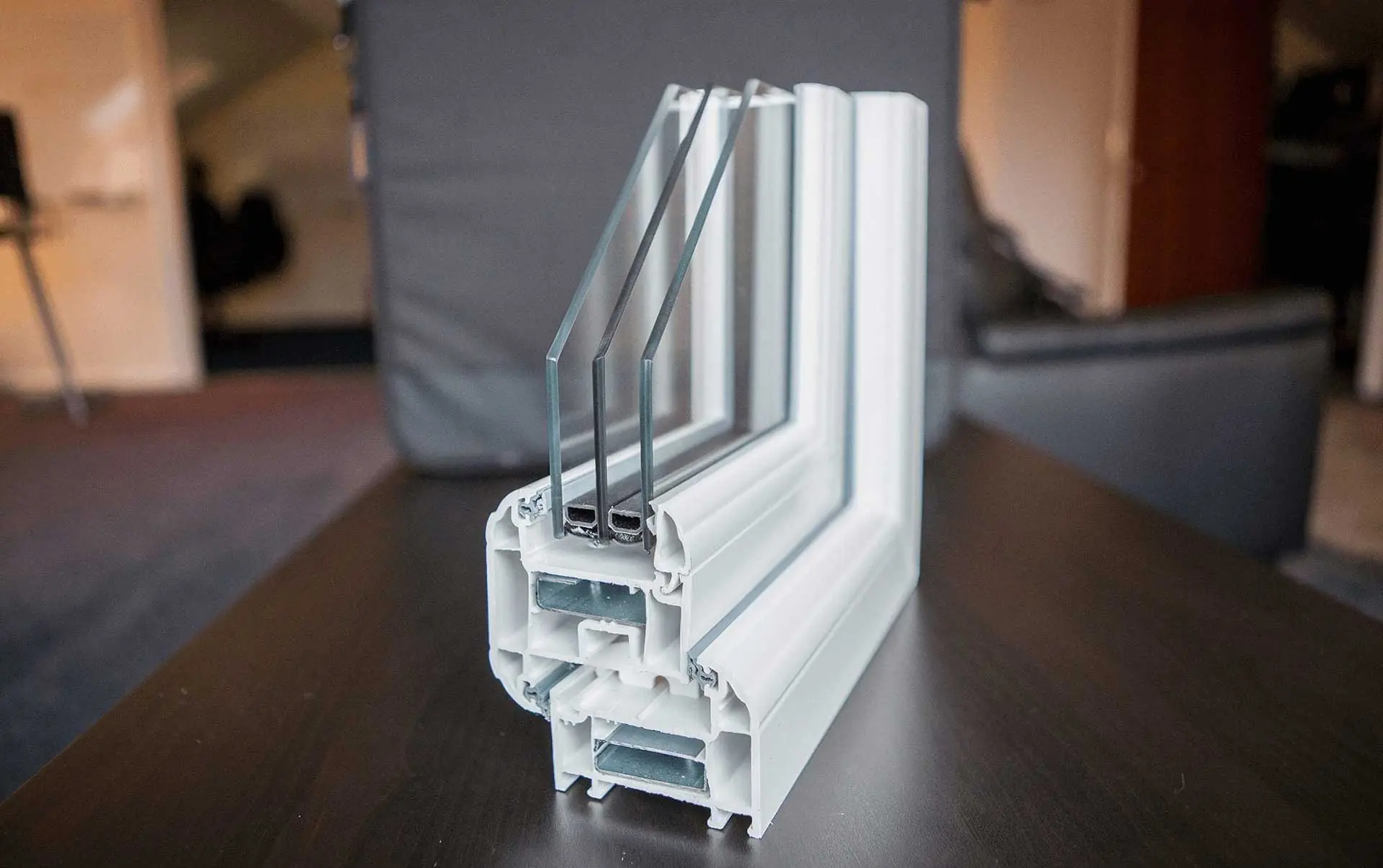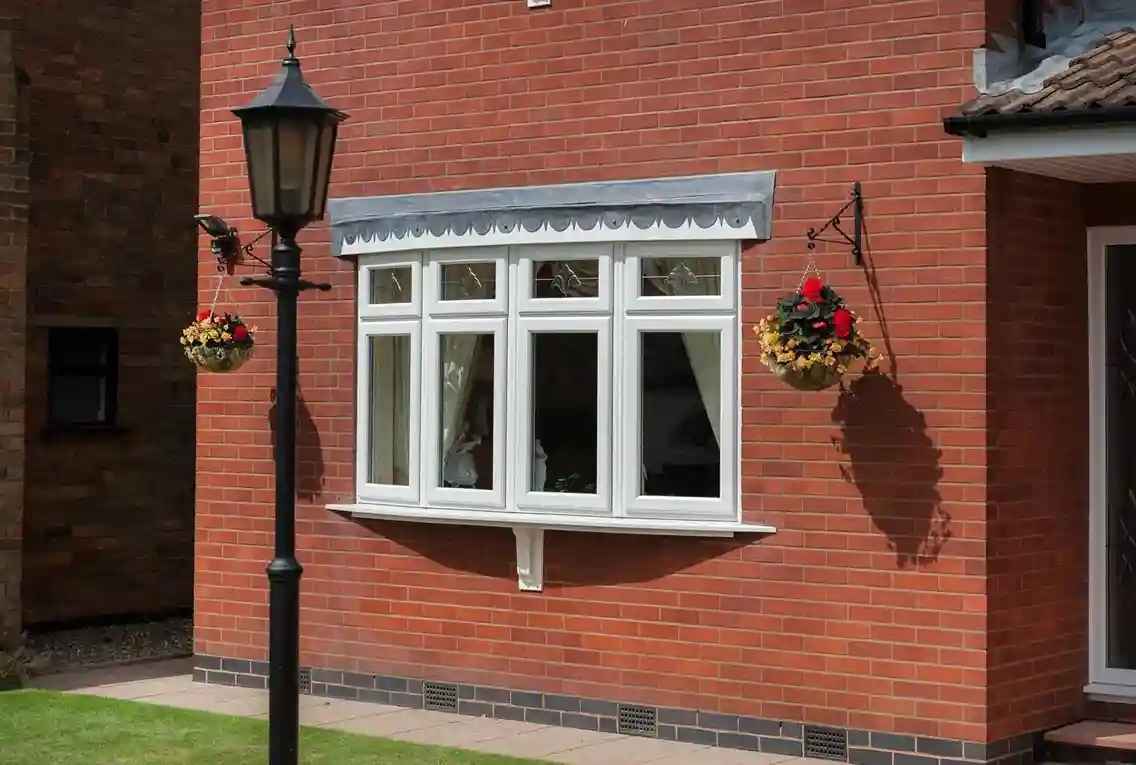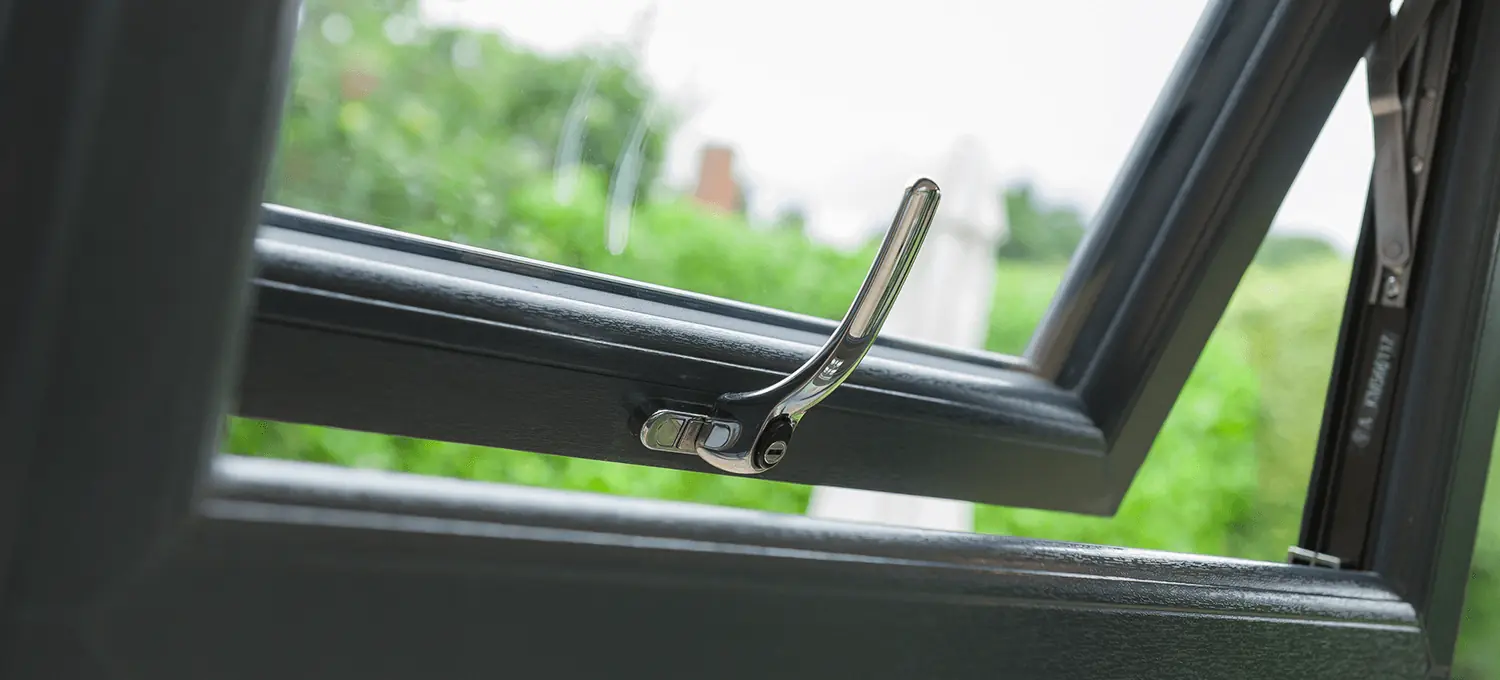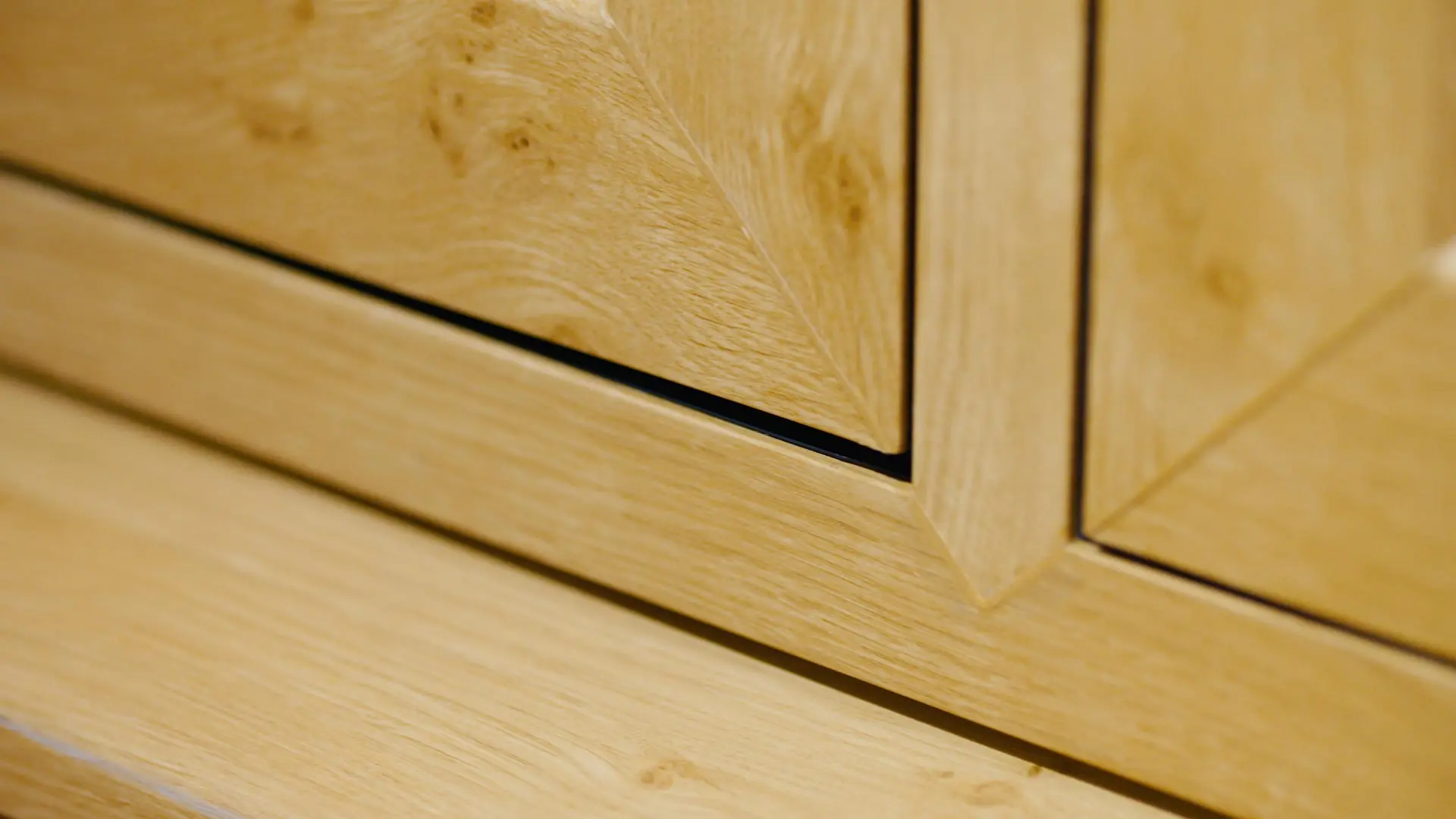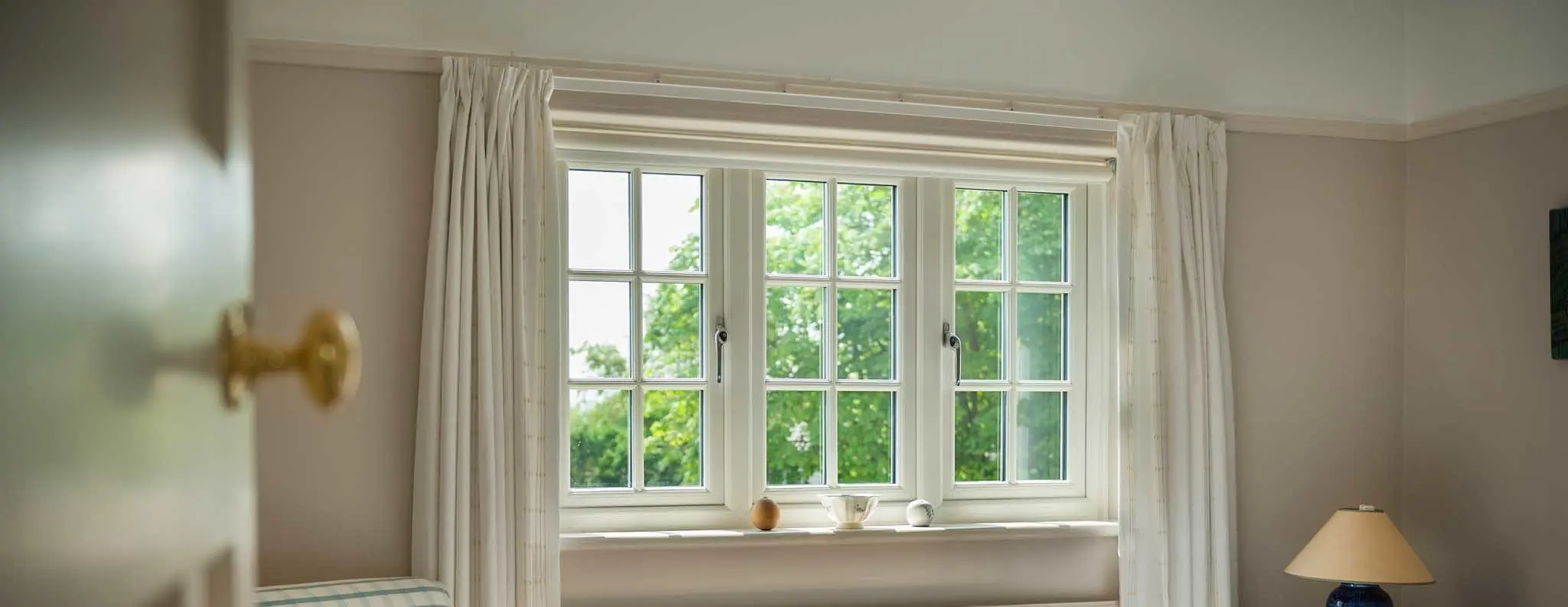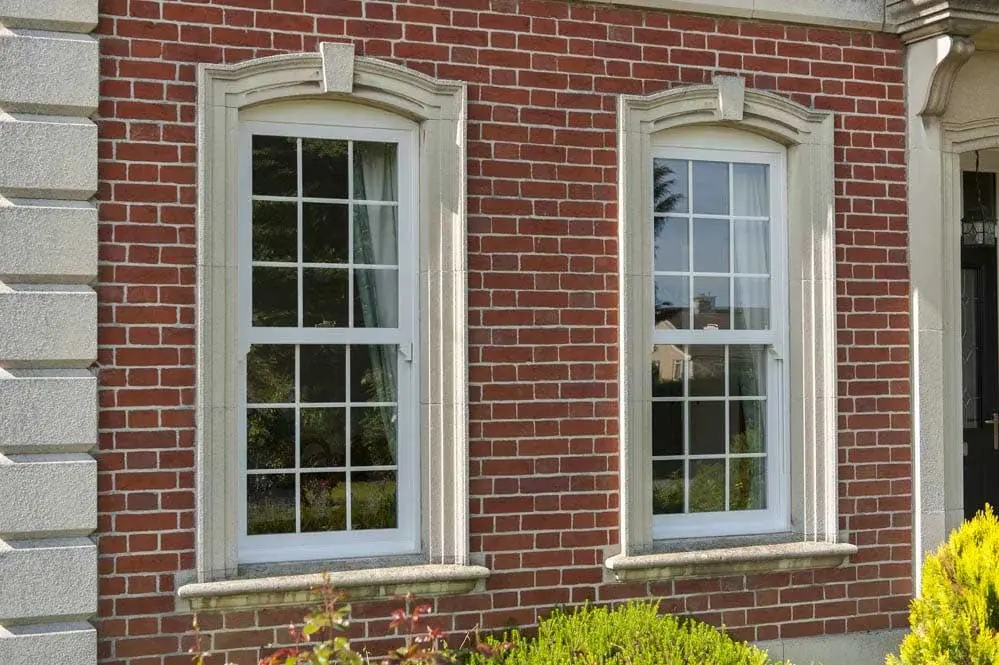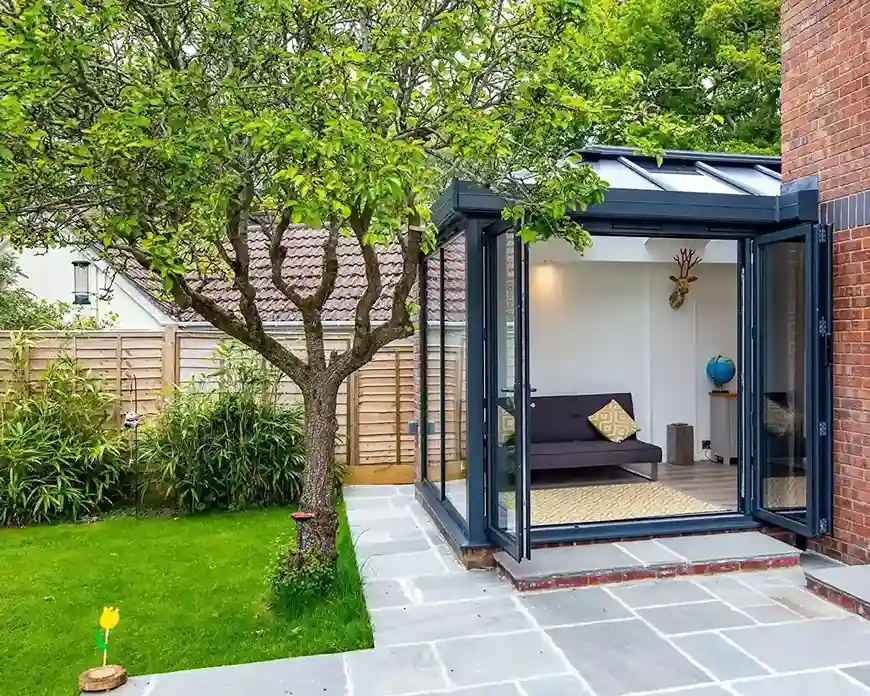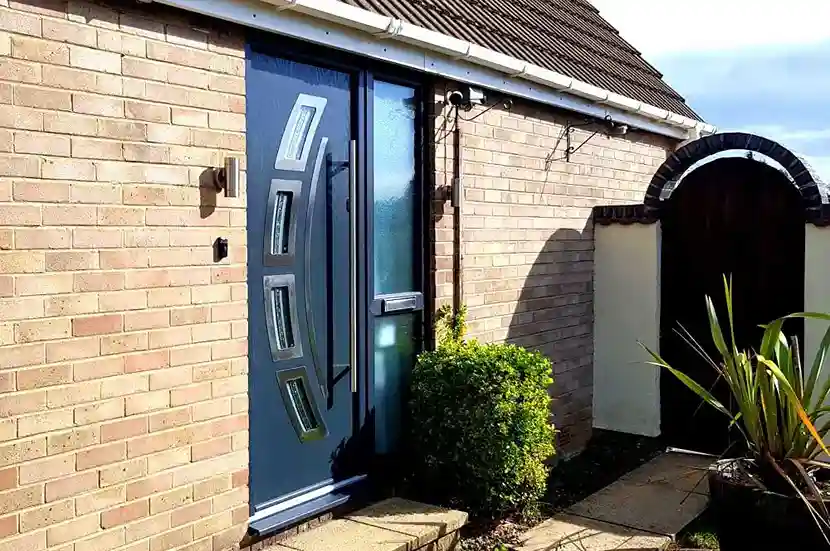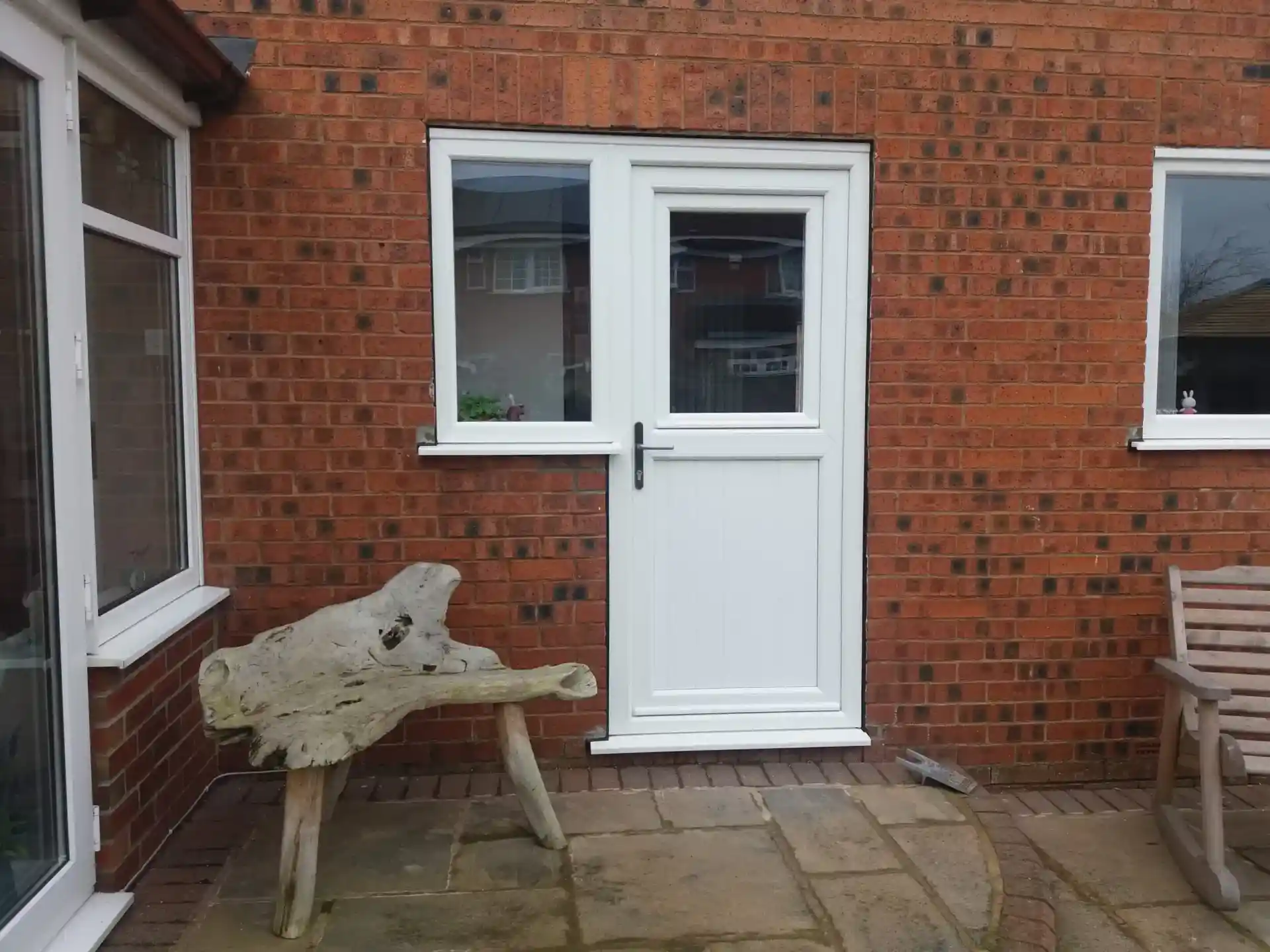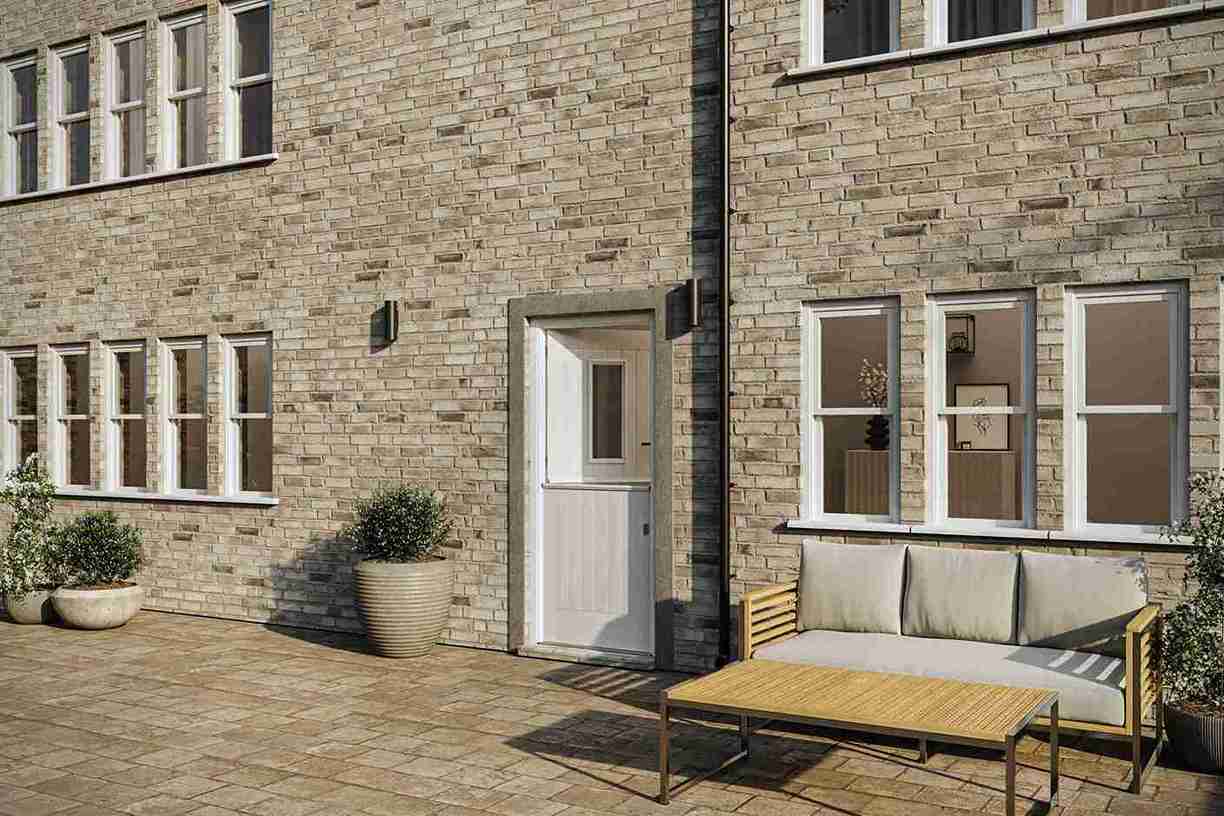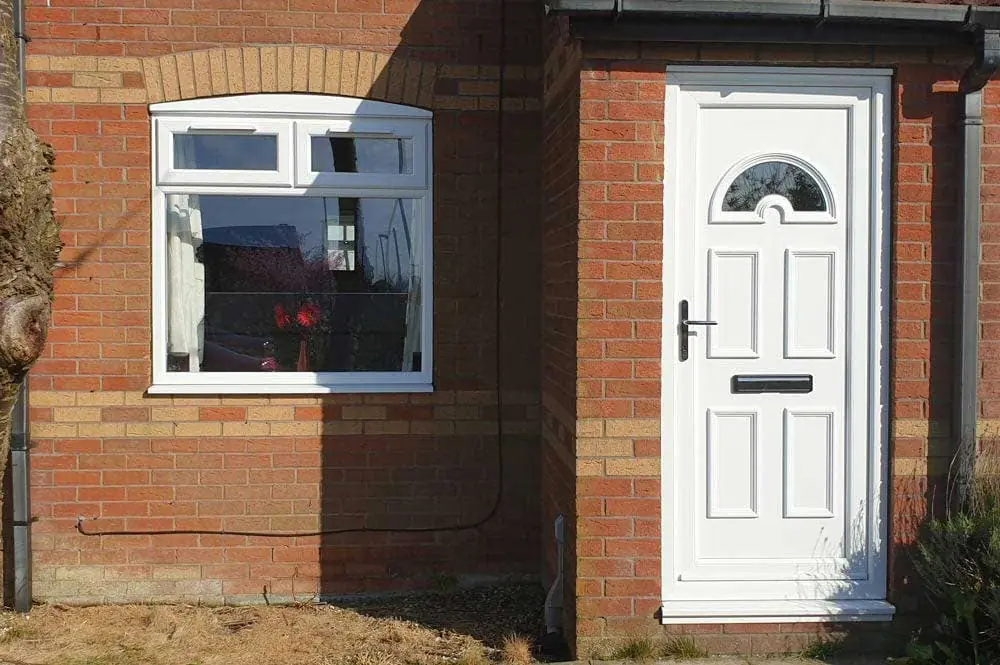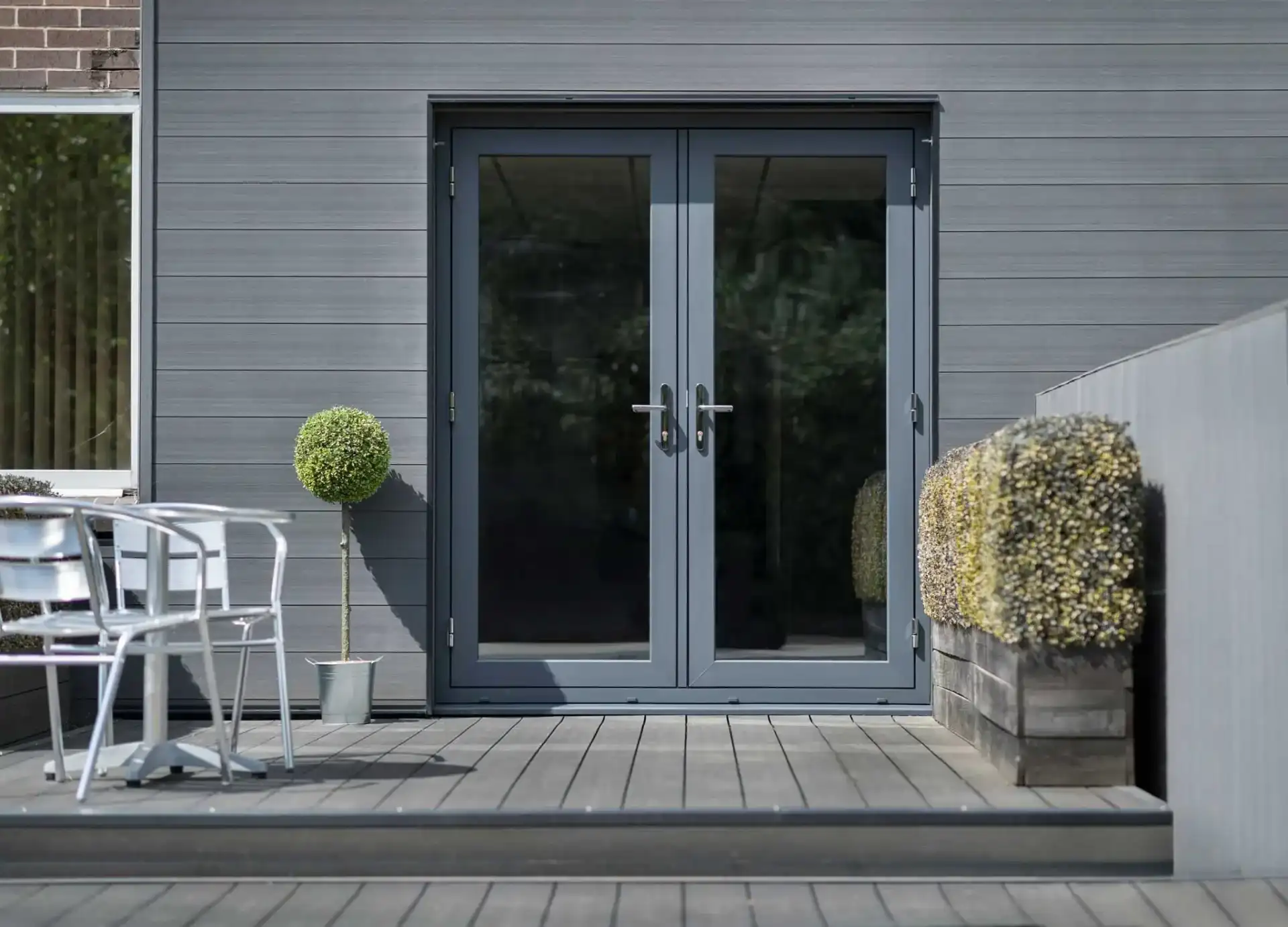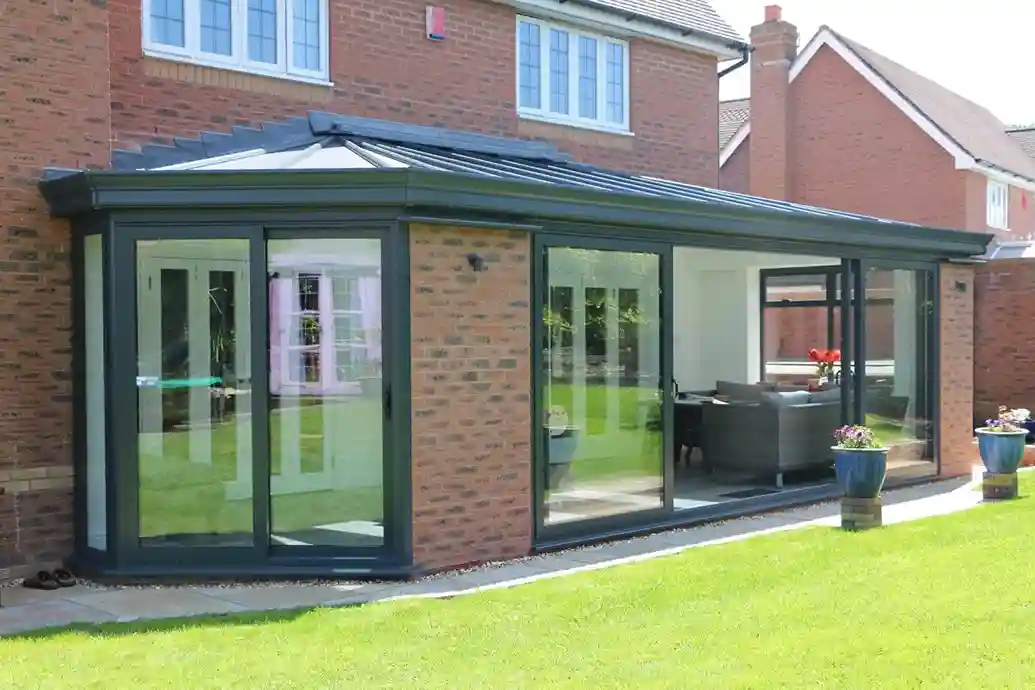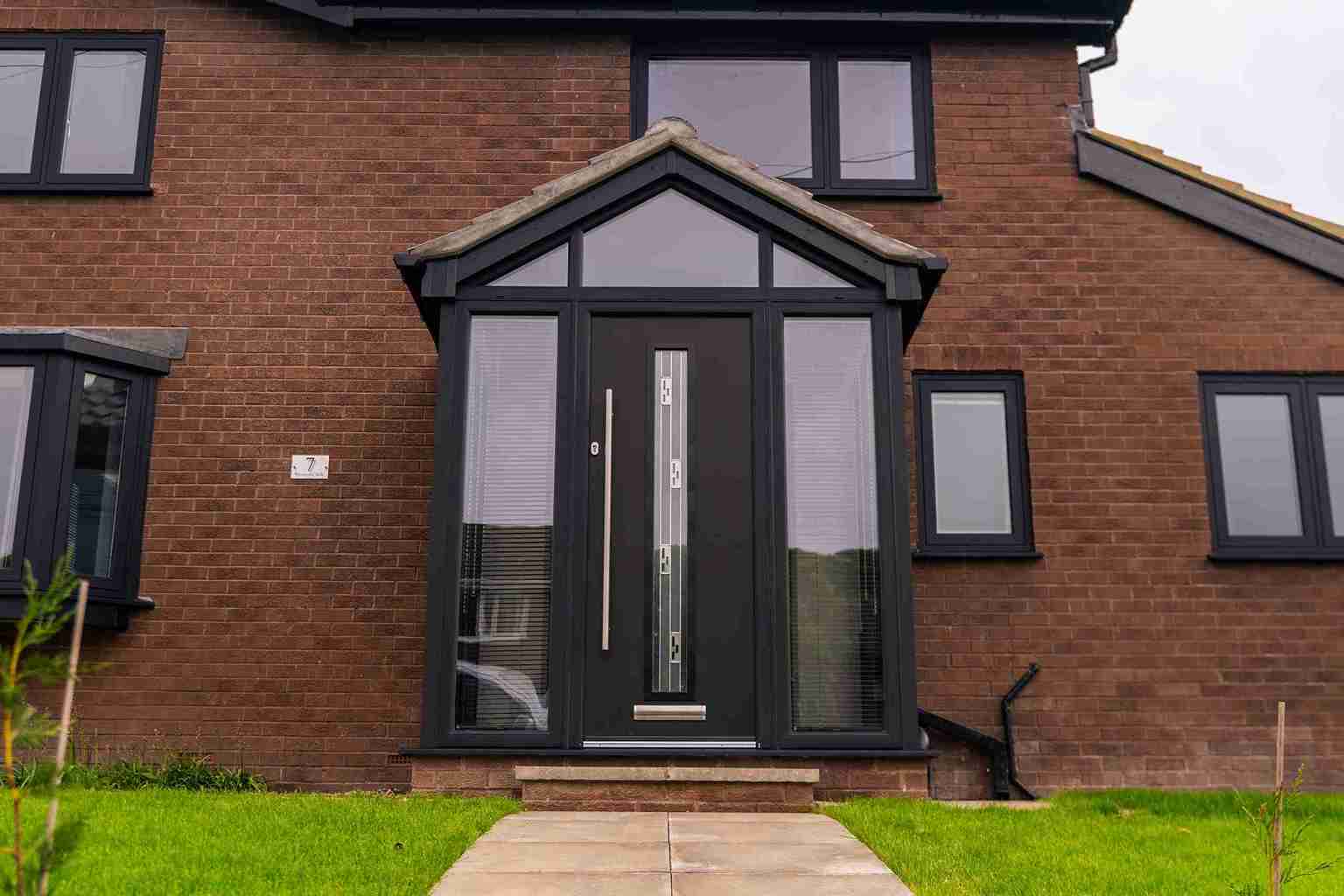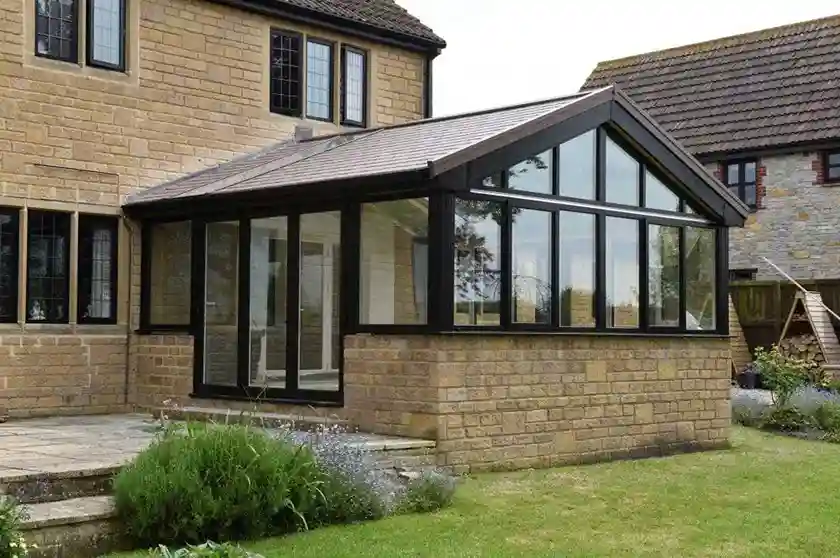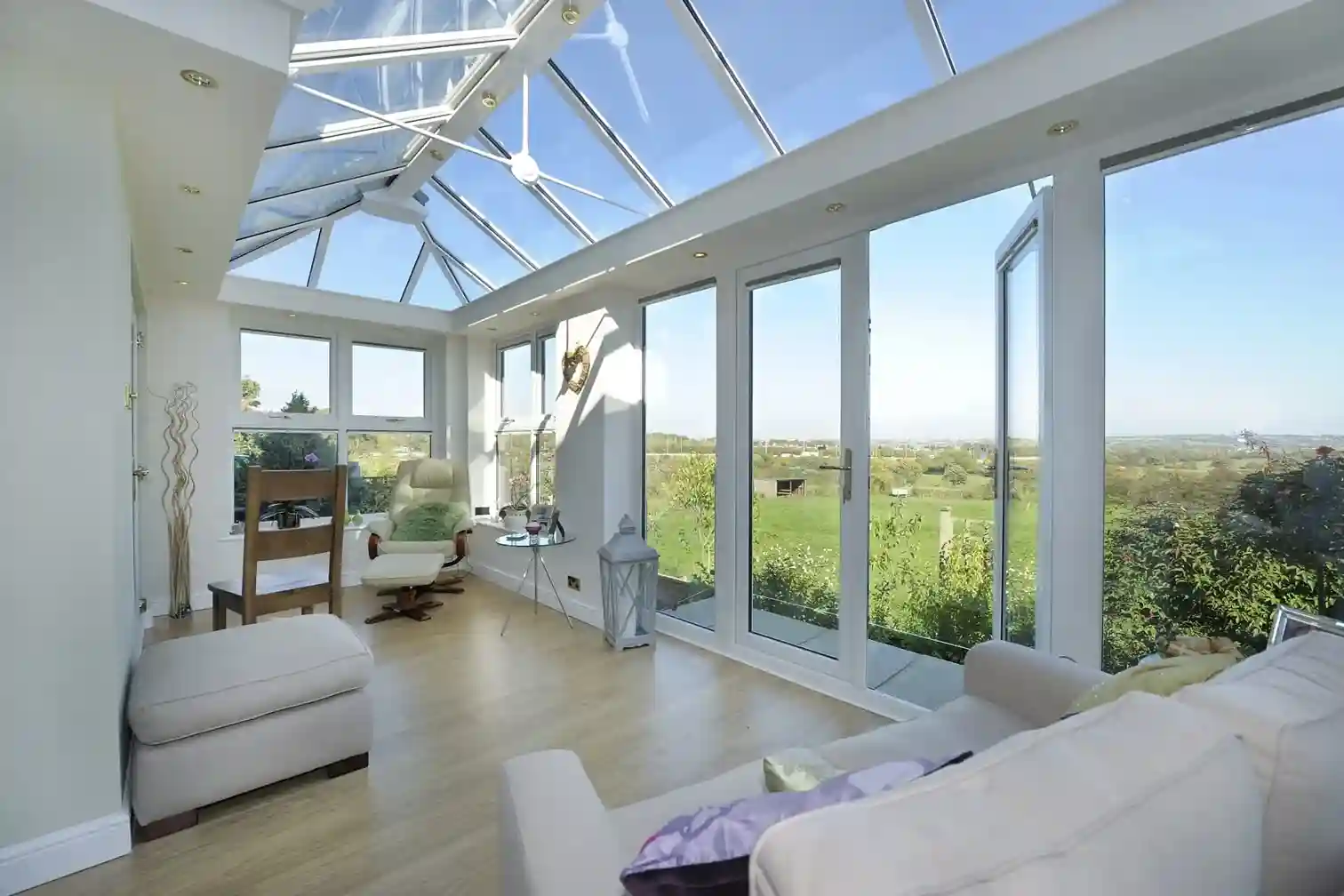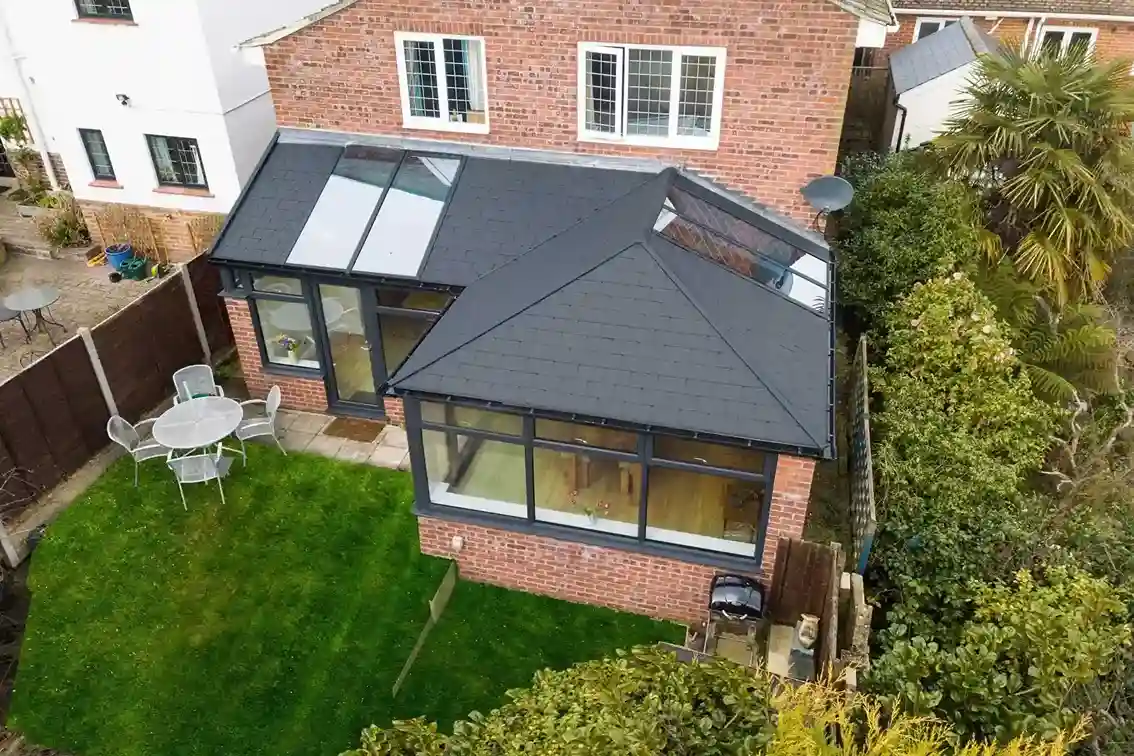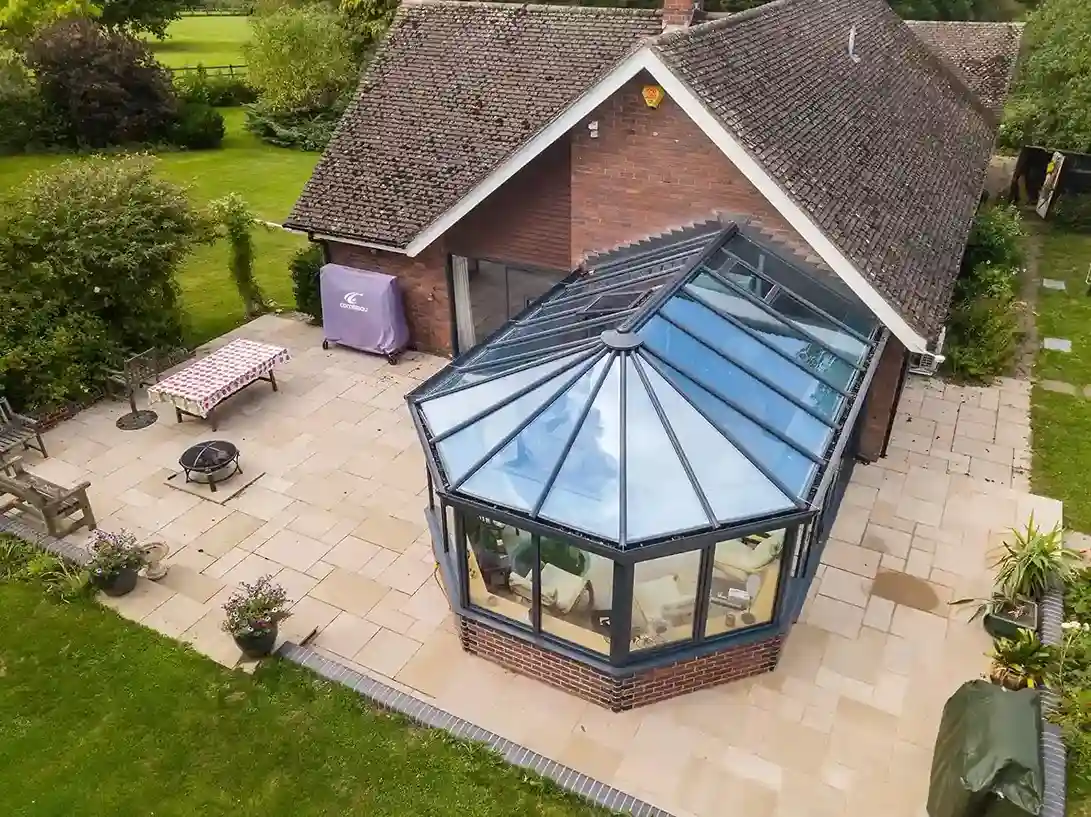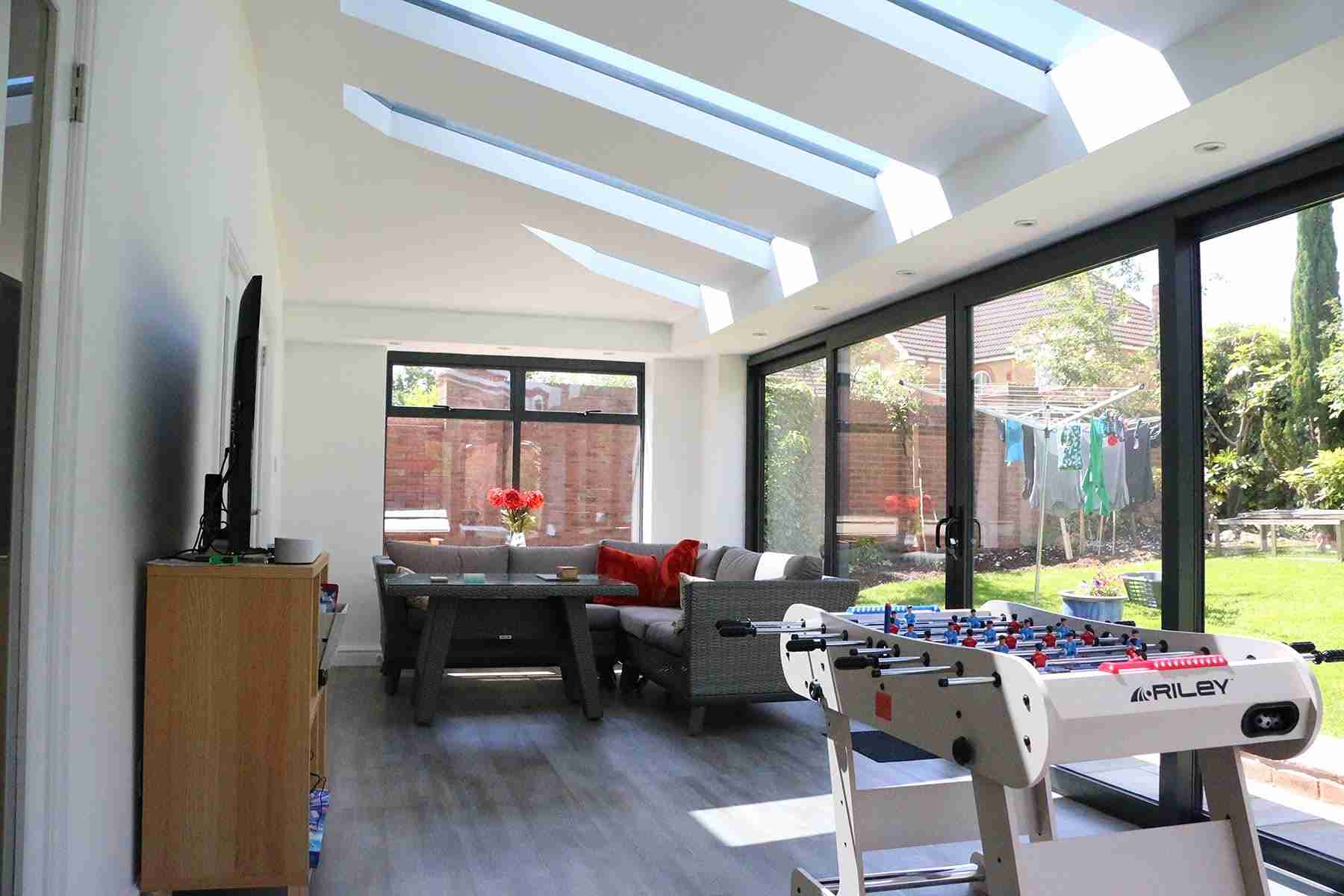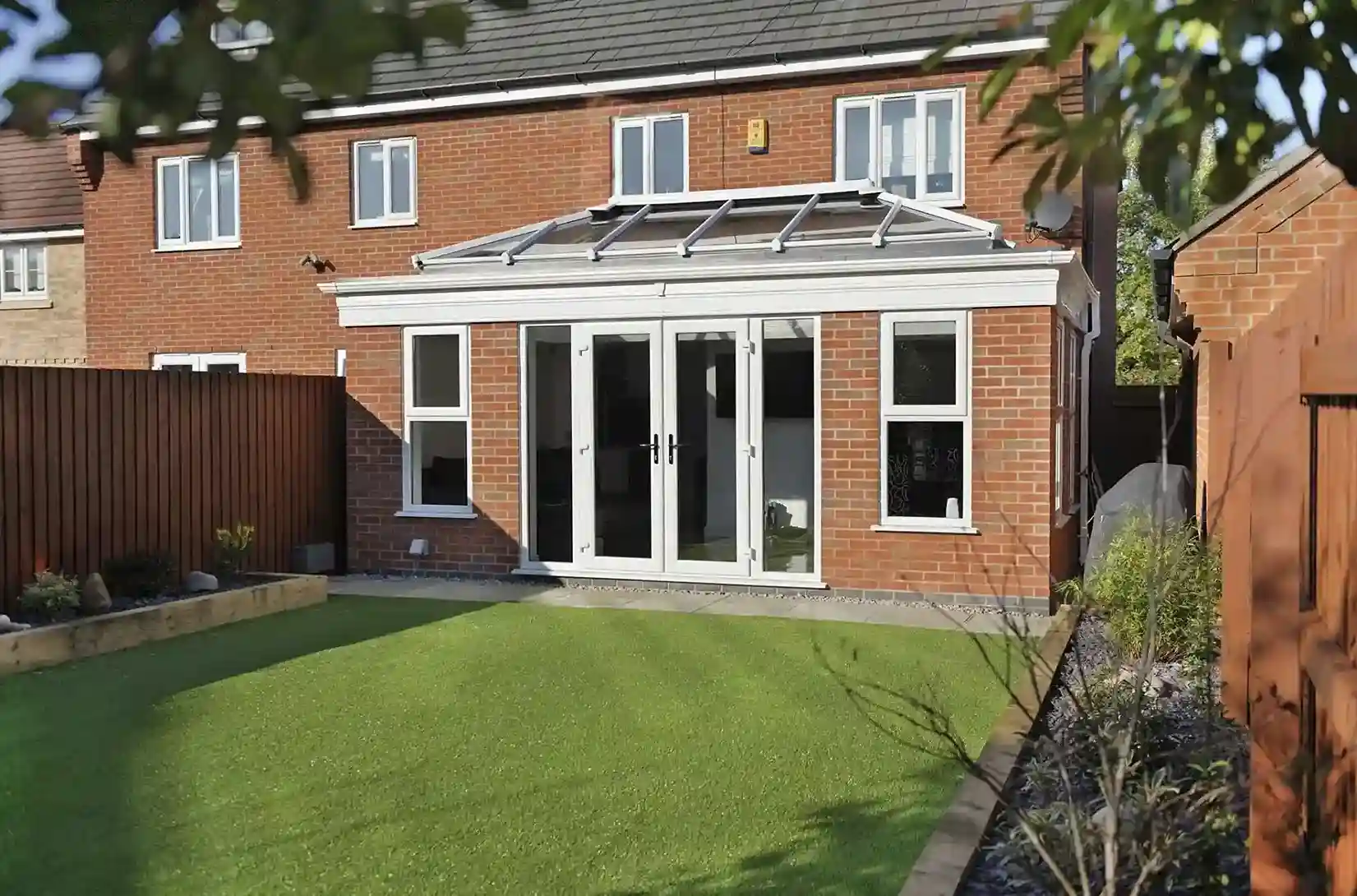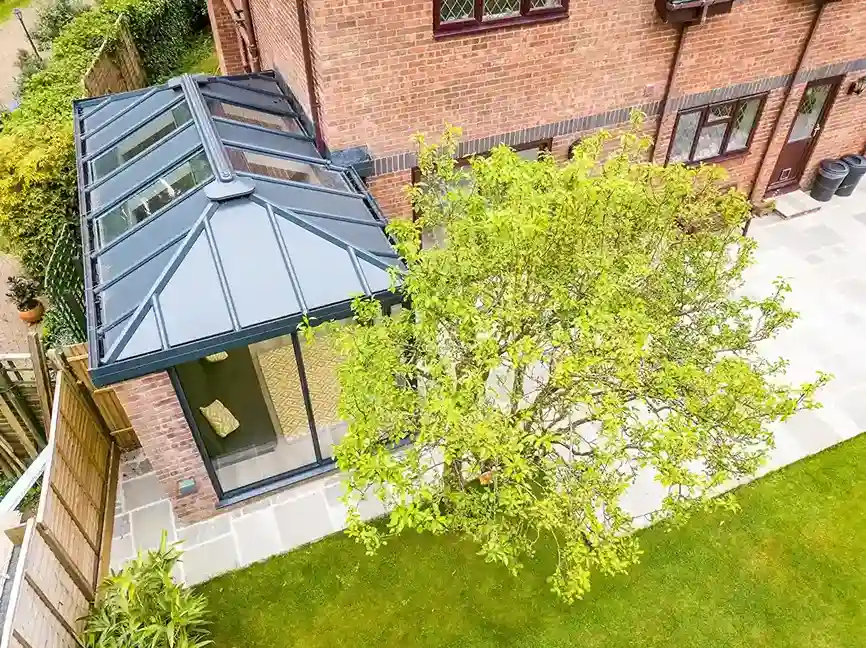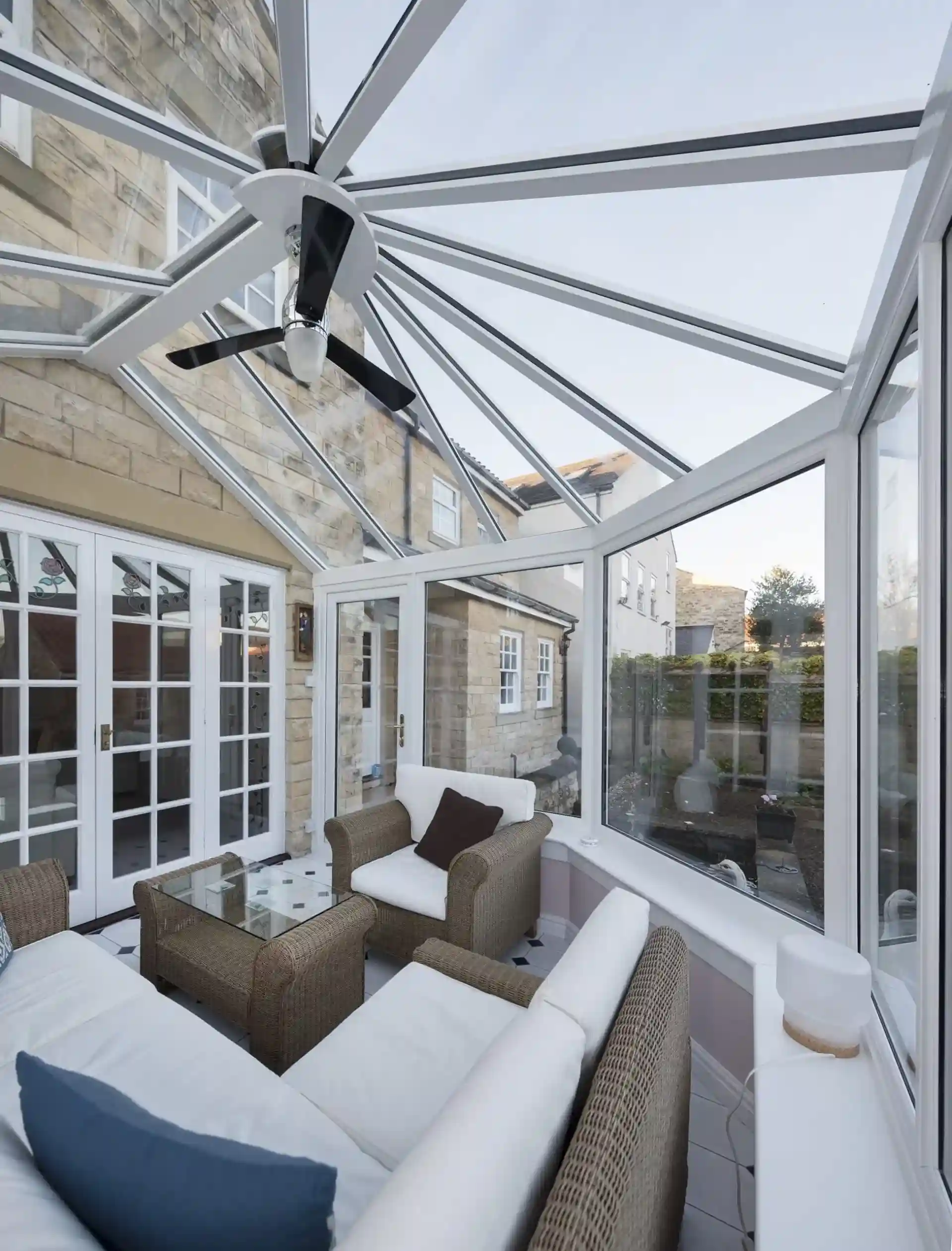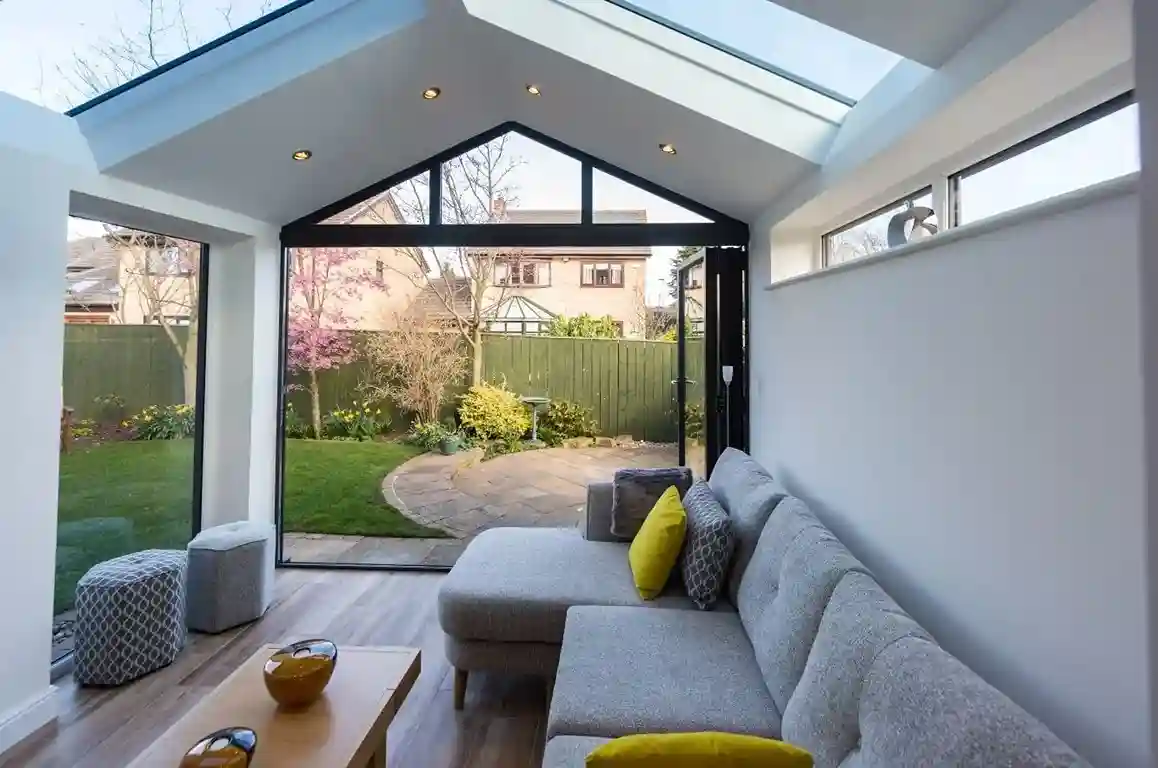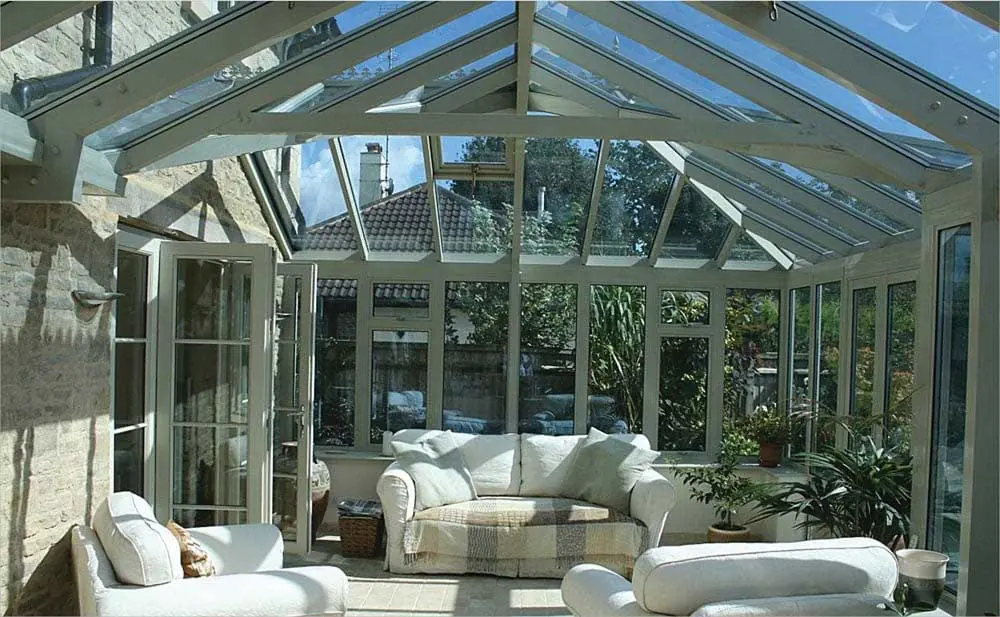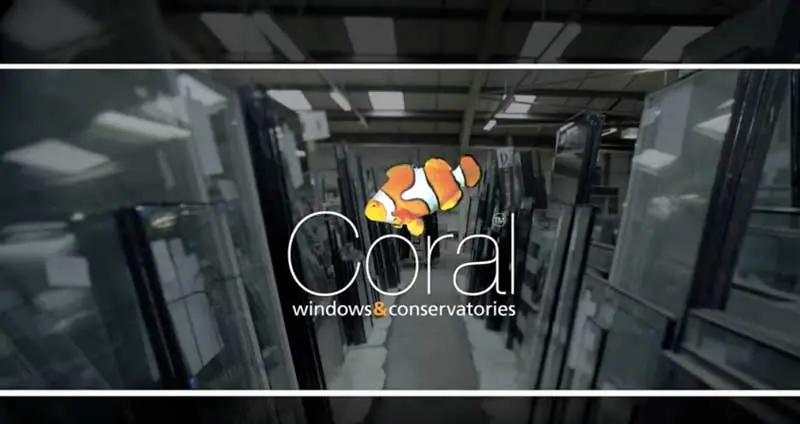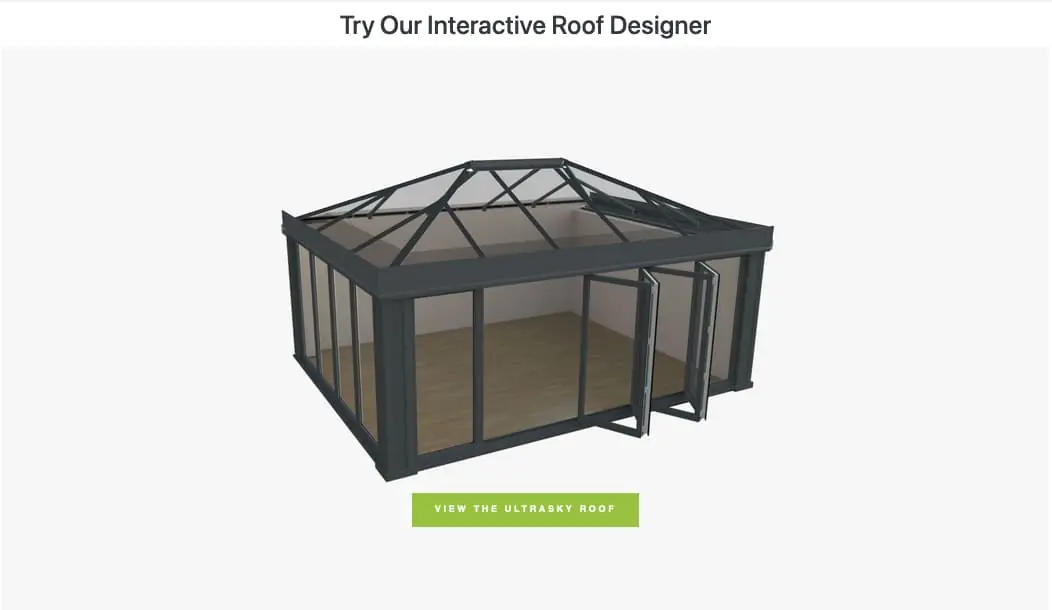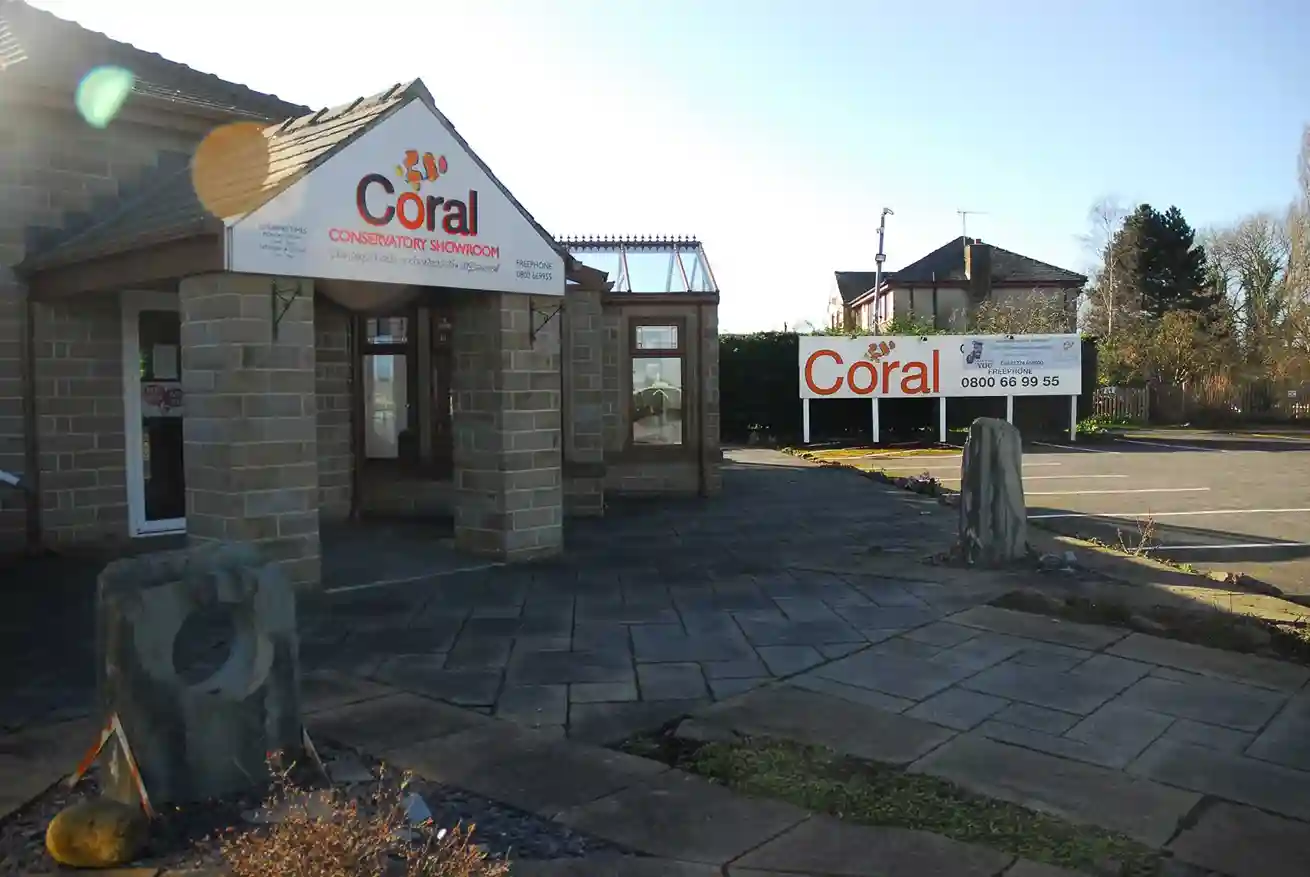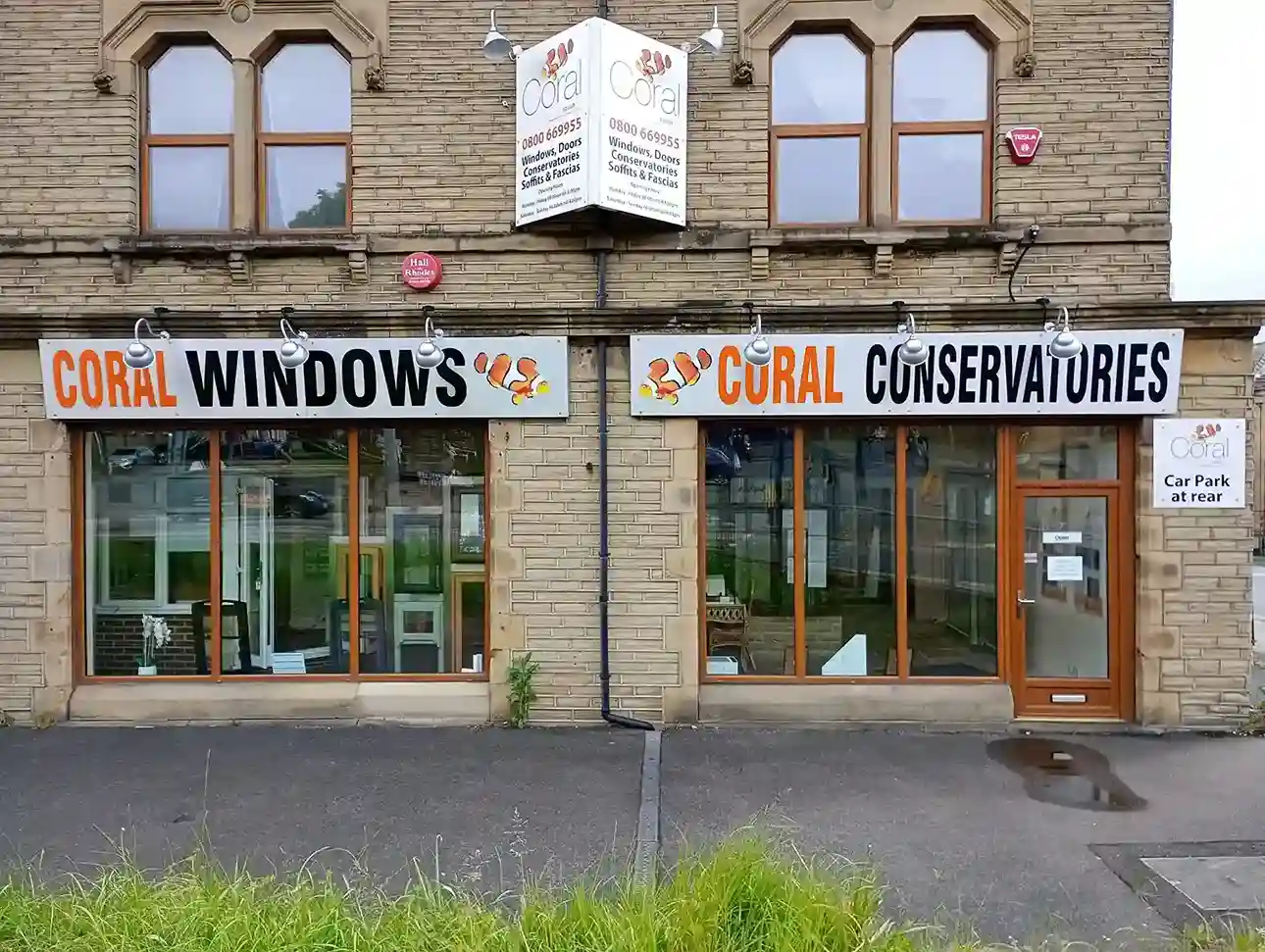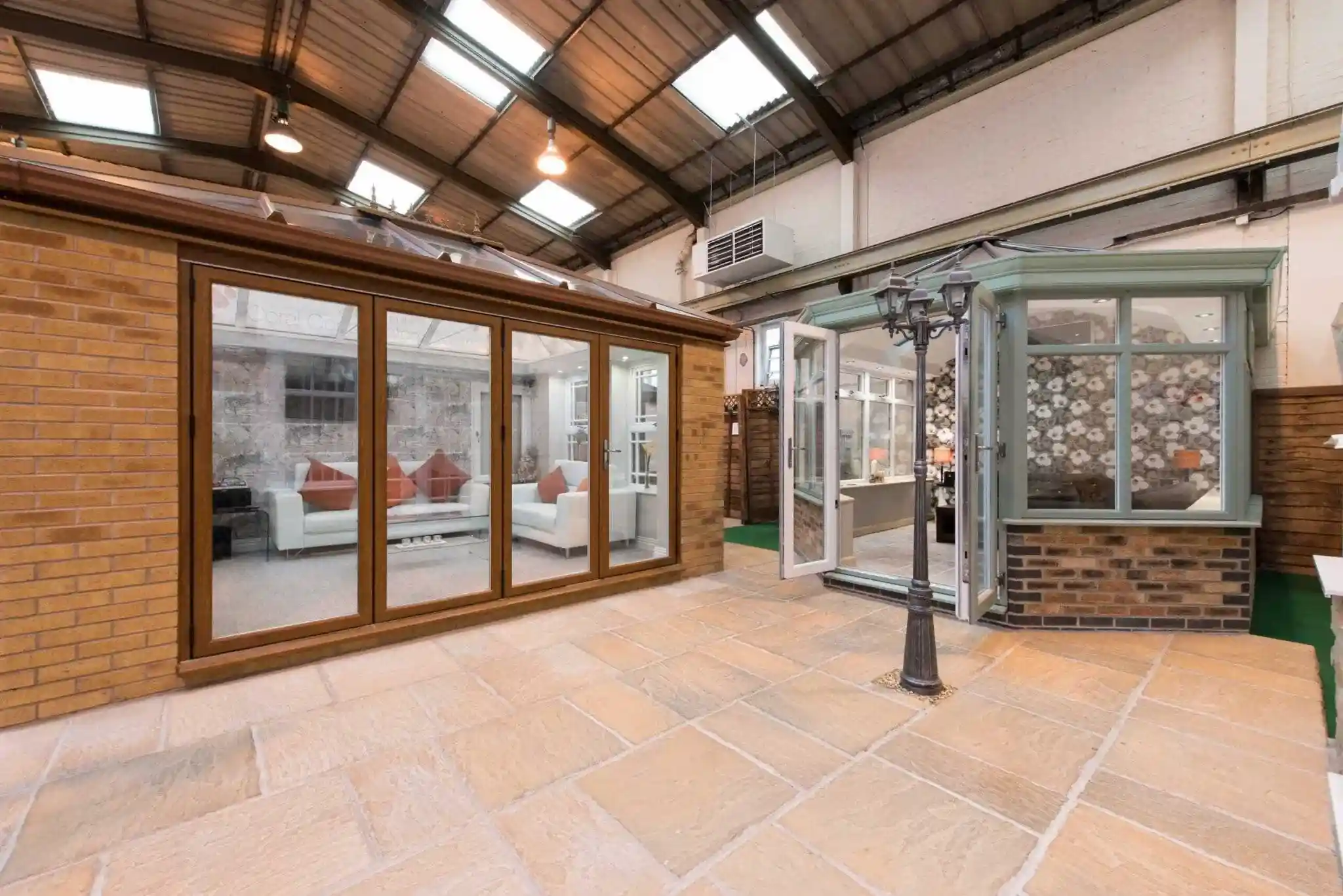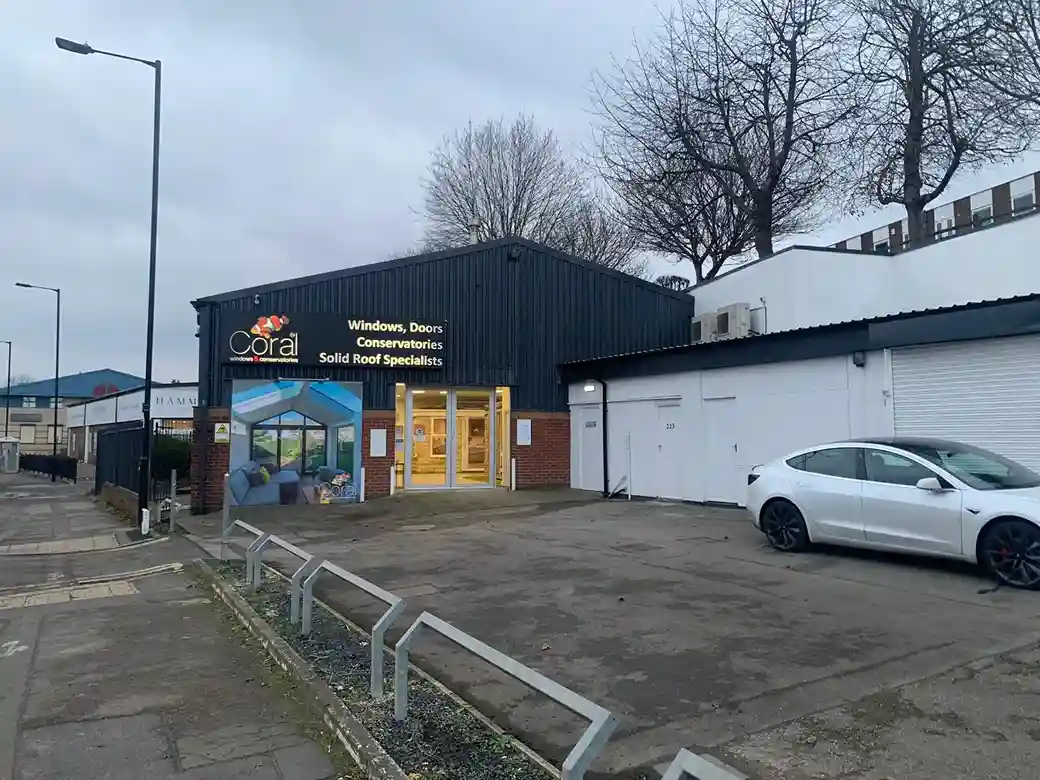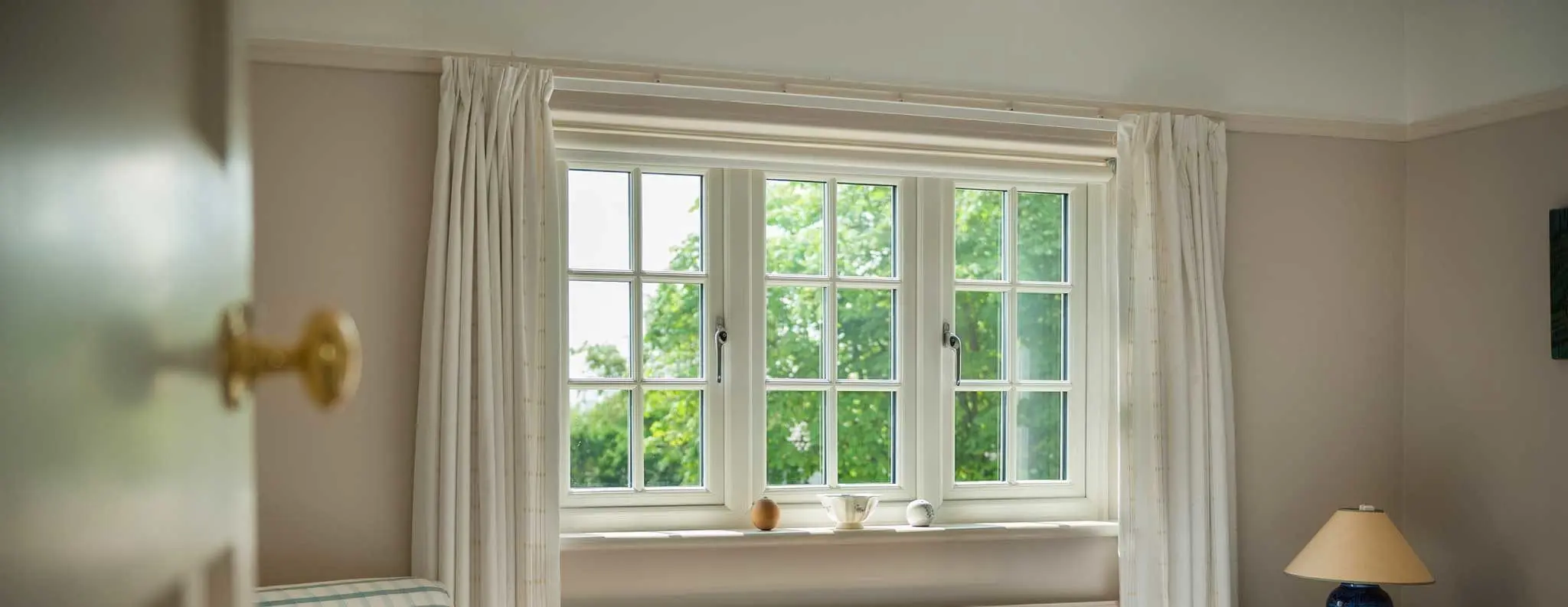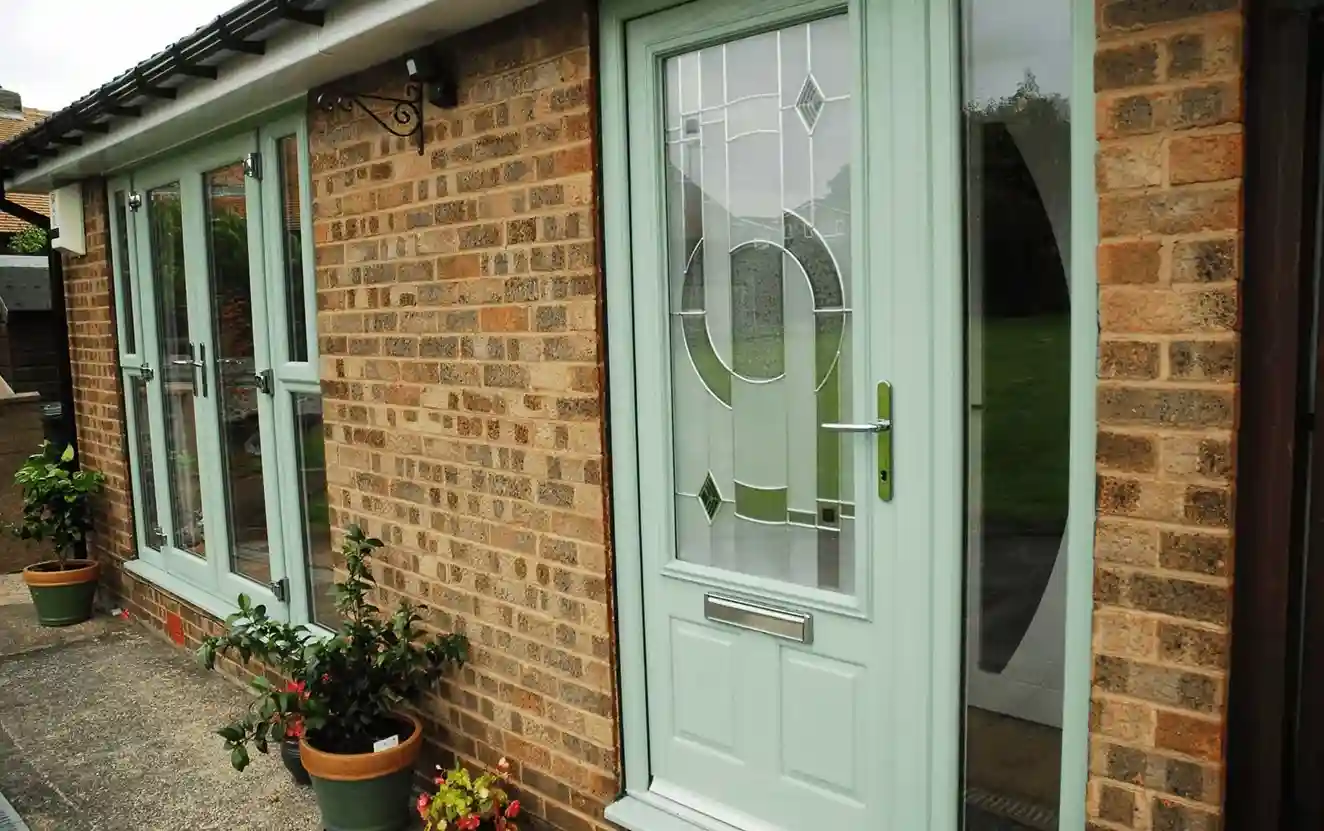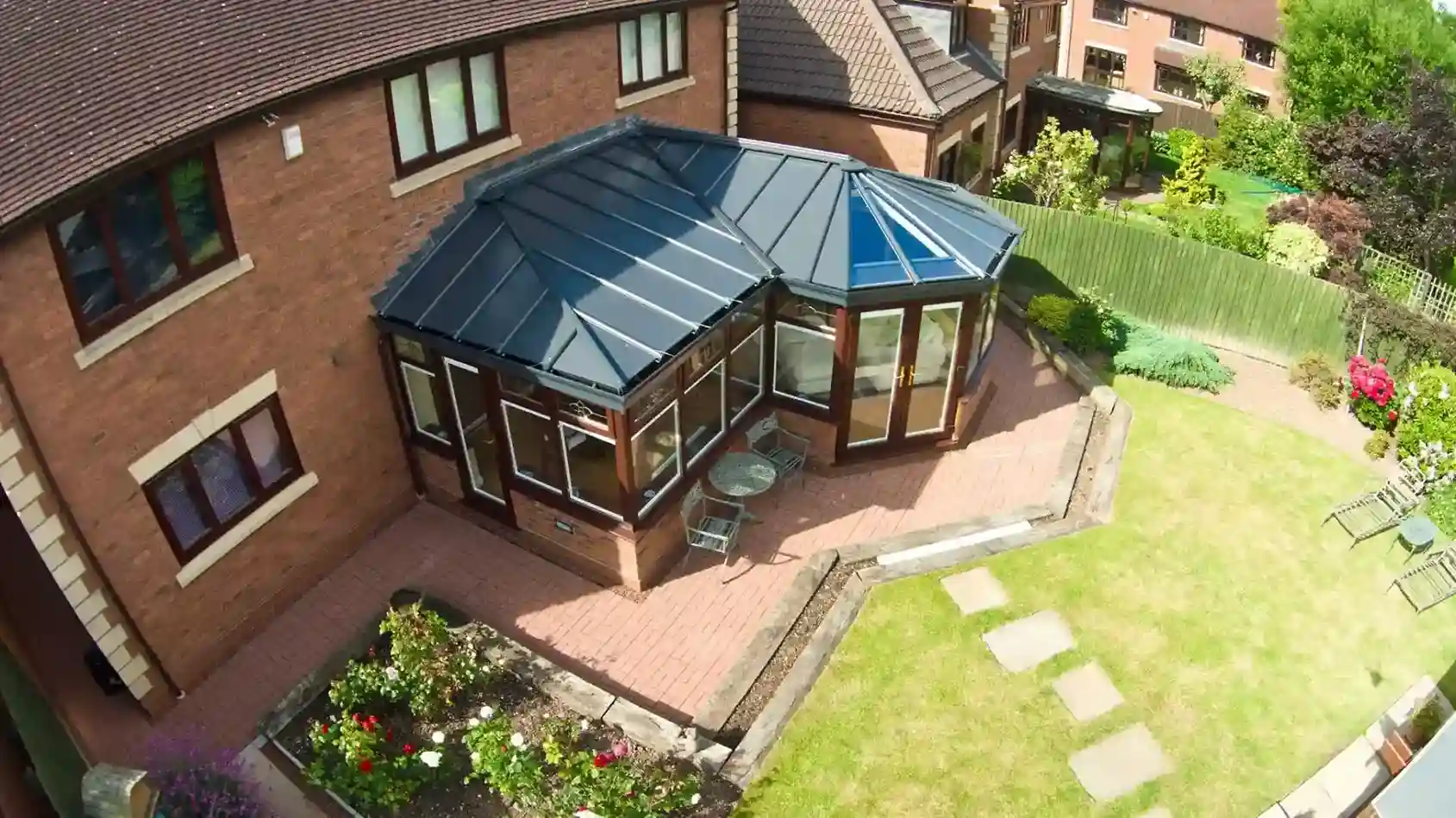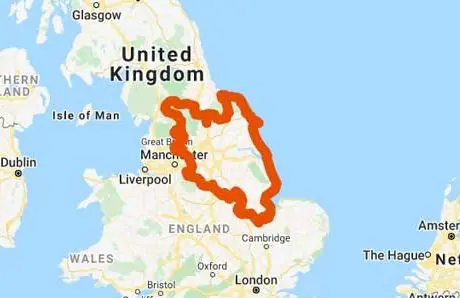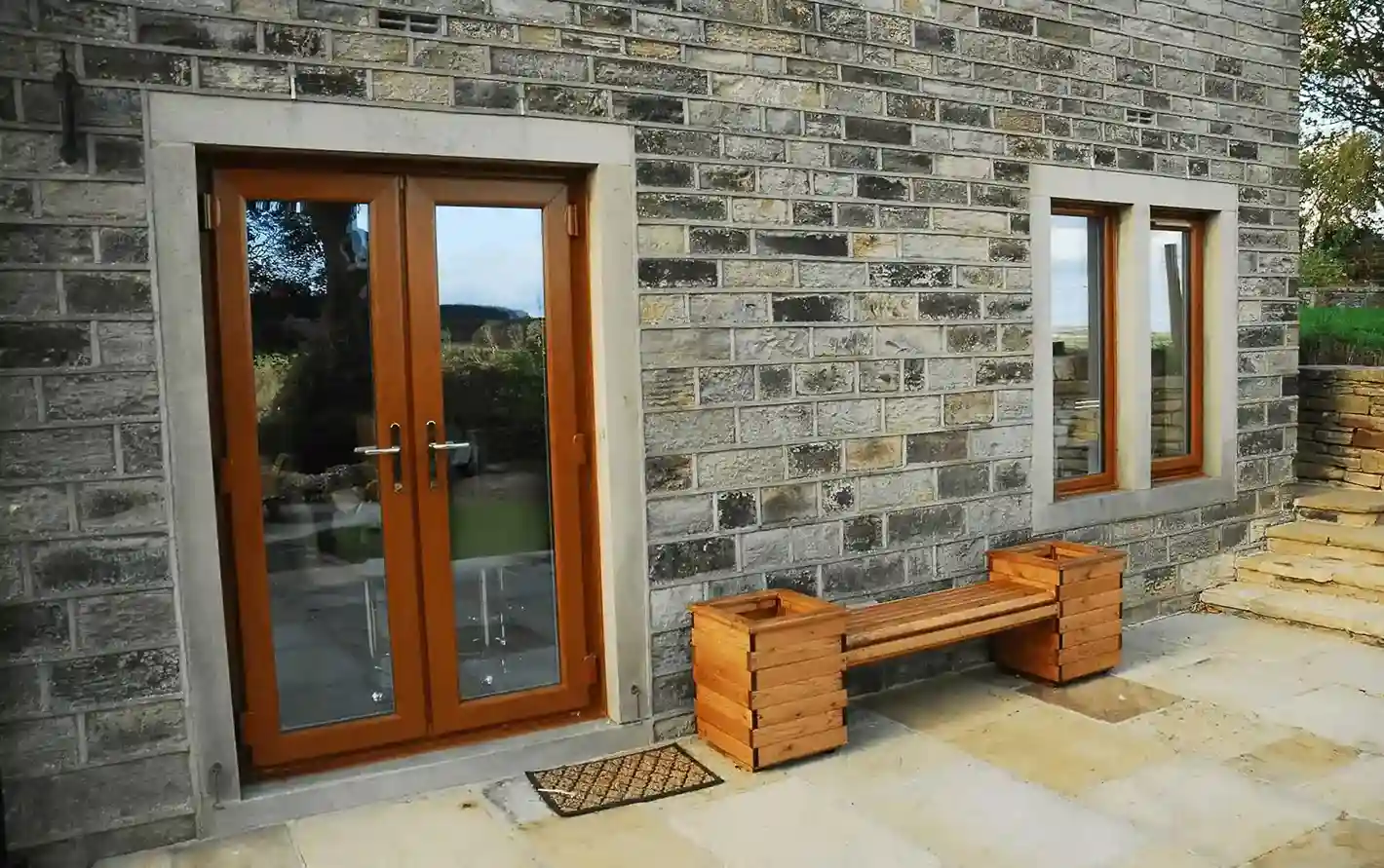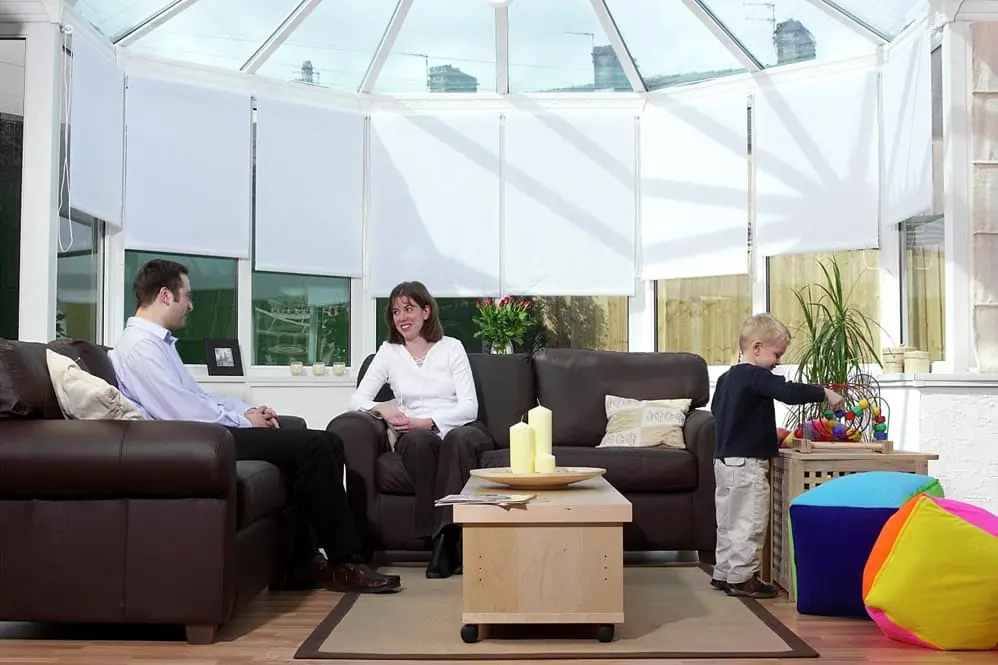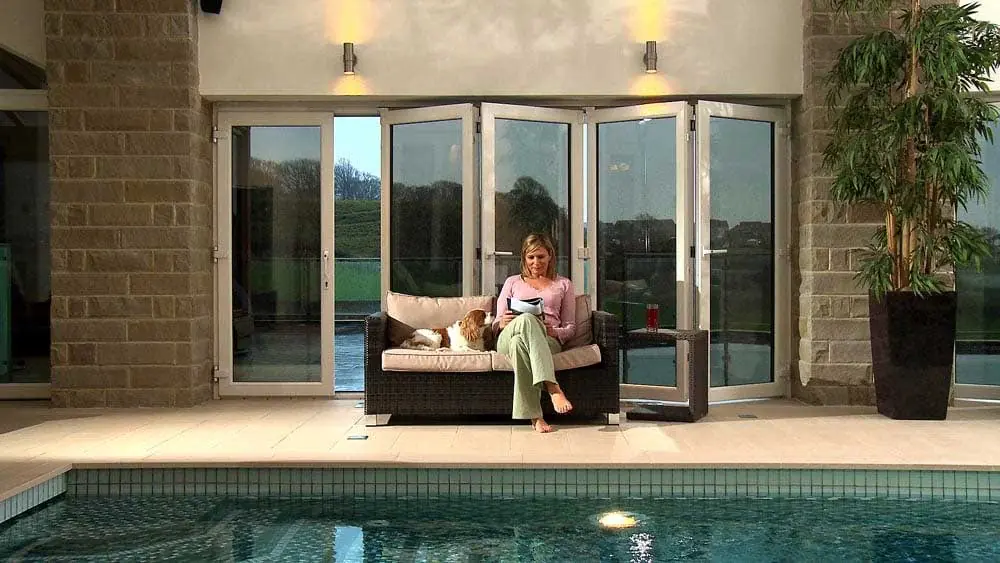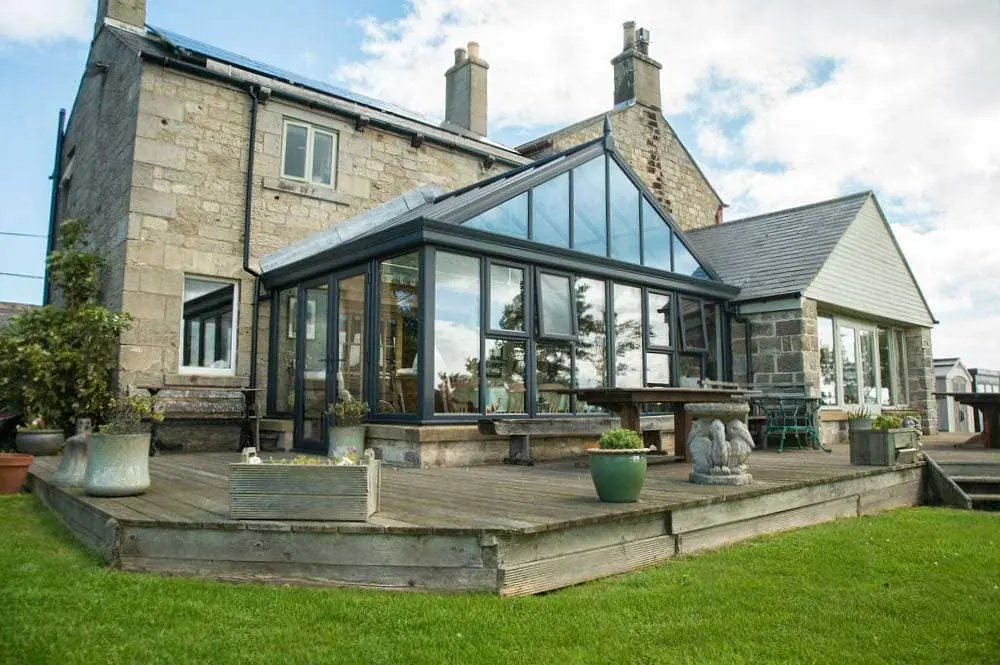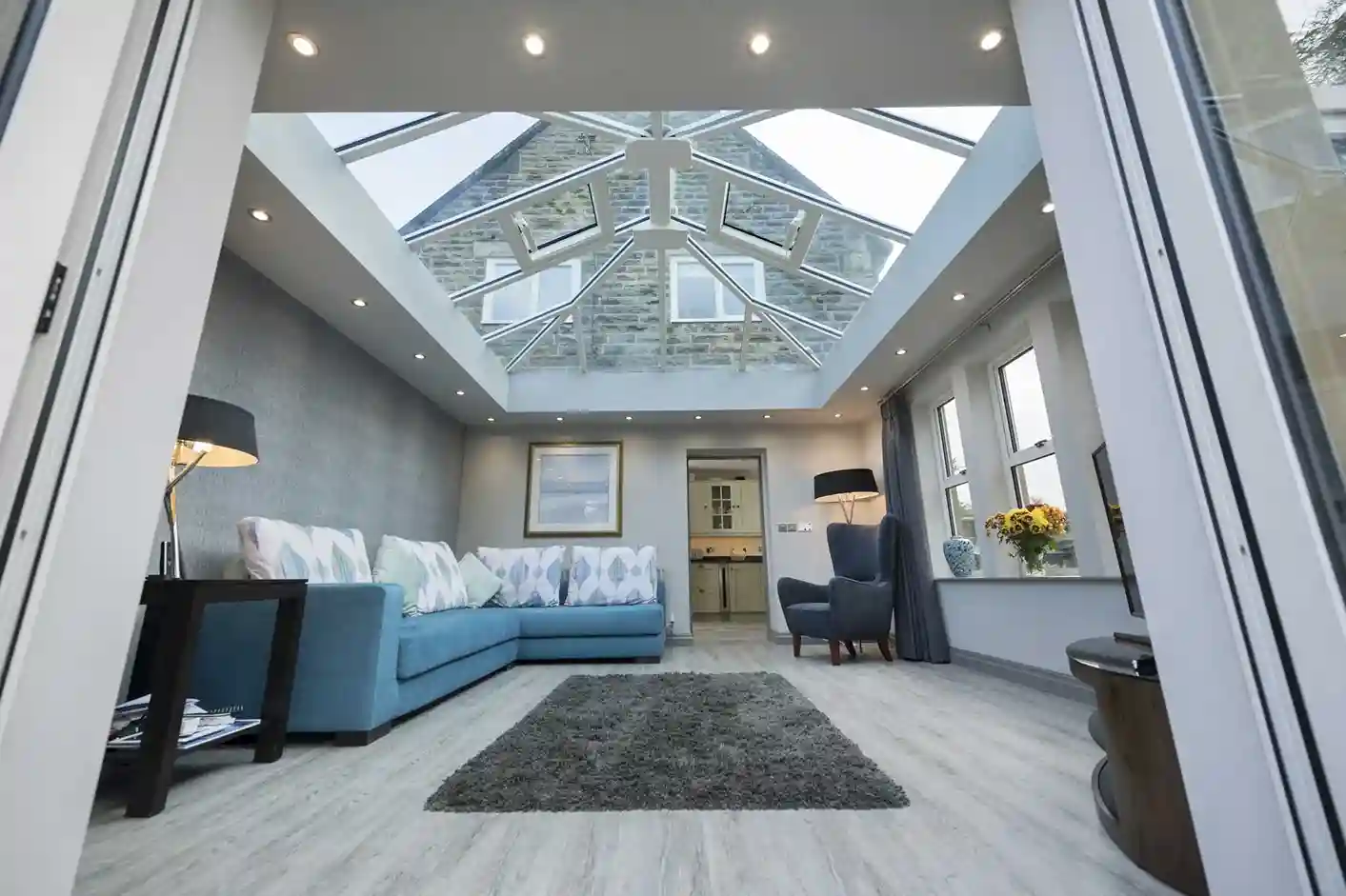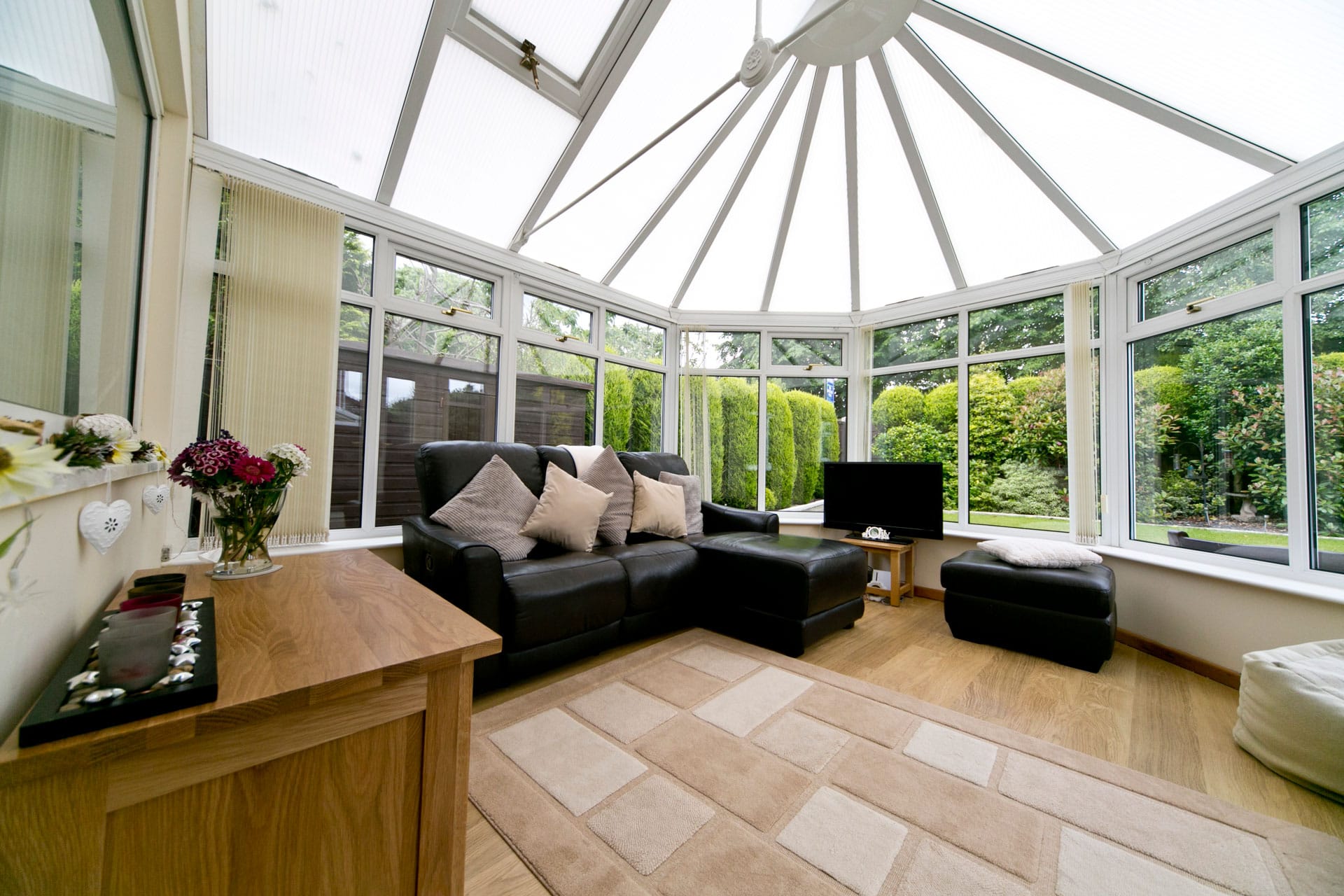The Coral Windows, Energy Saving Guide
Saving Money on Your Home Energy Costs
Here at Coral Windows we are committed to helping our customers save money and if there is one thing which is on everyone’s minds in recent months it is the fact that energy prices have sky-rocketed. With winters often dominated by snowy, extremely cold weather, it has become a struggle for many householders to efficiently heat their homes and it has led to people resorting to all kinds of ways to avoid turning on the heating. In some cases this simply means going cold or going without other essentials.
Making sure that you are doing everything you can to save energy and to make the most of the schemes which are available is one of the best ways to stay ahead of the game. Even when energy prices are out of your control, you can have control over how much you use, and we aim to show you how.
Basic energy saving tips
Before we get into more specific ways you can save money on energy, you need to be sure that all the basics are covered. Take a look at cheap or free ways you can easily save money around the home:
- Turn down your thermostat and put on a jumper – you can save £60 a year by turning down you heating by just 1 degree.
- Make sure you are using your heating timer efficiently – don’t have it come on when you are not home.
- If you have a high pressure shower, try turning down the water pressure. You will use less energy and less water too.
- If your oven is on, use it to cook several meals at once and use the residual heat to heat your kitchen by leaving the door open.
- Keep your fridge and freezer full – even with water bottles or bricks. A full freezer or fridge uses less energy to stay cool.
- Wash your clothes at a lower temperature and always make sure the washer is full (this goes for the dishwasher too).
- Dry your clothes outside or in a heated room – avoid the tumble dryer if you can.
- Switch off your appliances when you are not using them – lights too
- Use heavy curtains at night and open them if it is sunny outside during the day.
- Make the most of all government schemes, energy company offers and switch energy suppliers if it is better for you (more on these later).
More ideas for creating a warm home
While most of the heat we lose out of our home heads straight out of the roof, your windows can also be responsible for a good percentage. In fact, according to the Energy Saving Trust, you could save £170 a year just by changing your single glazed windows to double glazing.
Insulation
It is recommended that we have 270mm of loft insulation to prevent heat loss through our roof. Just by doing this you can save around £180 each year and considering it only costs £300 to install, this is a great cheap option which will get you your money back quickly. There are also a number of free insulation schemes available – mostly through energy companies.
Wall cavity insulation is another way to reduce the amount you spend on energy. It may not be suitable for all homes but if installed it can save you up to £140 per year. Once again there are some free schemes still available.
Boiler replacement
If your boiler is old, you will certainly save money on your heating if you replace it. It is an expensive business, so make sure you have looked at our section on grants to see if you qualify for help to pay for it. However you could save more than £300 a year by buying a new boiler.
Smart meters
The government is rolling out the installation of smart meters in all homes across the UK. This is expected to be completed by 2020 and should result in lowered bills for most people. It simply allows you to check how much energy you are using and to make changes to reduce consumption in an informed way. It will also mean more accurate billing.
Switching suppliers
Probably one of the most effective ways to save significant amounts on your energy bills is to switch your supplier. This is especially the case if you have not switched before. The process is simple and involves going to a comparison site, such as Uswitch and inputting your details. This will include the details from your last bill. You will then be given a list of the best and cheapest supplier to choose from. It is possible to save hundreds of pounds over a year by doing this.
Energy suppliers are now obliged to inform you when they have a tariff which might suit you better and the government is looking at ways to speed up the switching process. At present it can take around 6 weeks in total, but most of the work is done by the new supplier and it is very straightforward.
Generating your own energy
One of the best ways to really, truly ensure you are not influenced by the cost of energy is to make your own. It usually requires some investment, but in the long term and with the help of government incentives, micro-generation of energy is a great idea.
Solar panels
Following the initial investment, you will receive free energy from the sun which can be used, sold back to the grid and you will receive a feed-in-tariff from the government. It is thought that for an investment of around £8,000 you can expect to get around a 6% return over 20 years (around £800 each year) once all of these factors are taken into account. You may also get help to pay for installation under the Green Deal.
Ground/air source heat pumps
Ideal for use in situations where there is no access to gas central heating, these systems take the air from outside or the warmth from the ground, condenses it and feeds it into your home to heat your underfloor radiators or even your hot water. These technologies may be eligible for the Renewable Heat Incentive, once it becomes open to households. You can expect to pay between £6,000 and £10,000 for installation, but could save anywhere from £100 to £650 each year depending on the type of fuel you are replacing. Air source heat pumps are eligible for Green Deal finance, but ground source heat pumps are not.
Wind turbines
We are all familiar with large scale wind turbines, but smaller ones can also be installed on your home. You will be able to receive a feed-in-tariff for a wind turbine and the electricity you make can be stored to use when it is less windy. Your system could cost as little as £2,000 or larger ones can go for as much as £22,000. You can help to pay this with the Green Deal – however what savings you make will depend on the size system. You are likely to need planning permission for a wind turbine.
Grants and payment schemes
This government flagship scheme is designed to allow you to pay for certain home improvements which will reduce your energy bills. The basic premise is that you take out a loan and pay it off via your energy bills, which will be lower due to the effects of the changes you have made. The process requires you to have an assessment to ensure your home is suitable and you may become eligible for a cashback on your chosen improvement. This scheme has been slow to get off the ground, although the cashback portion has proven to be very stressful.
Energy Company Obligation (ECO)
Energy companies are currently obliged to use a portion of the money paid to them from their customers to support those in fuel poverty or those on low incomes, the elderly or disabled. As part of this obligation they offer free insulation, cheap boiler installation and other measures designed to keep you warm. This is paid for via a green levy on our bills. It is expected that the government may reduce or even remove this levy in its next statement – thus reducing the amount of money energy companies can dedicate to this cause.
If you install certain micro-generation systems such as solar panels, you may become eligible for a tariff on the energy you produce. The government sets this tariff and bases it on the cost of the system among other things. The cheaper the system becomes to install the less feed-in-tariff is offered. This amount has fallen significantly over the years, but still represents a 6% return in most cases. The measures must be installed by someone registered under the Microgeneration Certification Scheme (MCS).
Renewable Heat Premium Payment (RHPP)
If you want to install a renewable heating system into your home you may be able to receive a one-off payment to help with the installation costs. This only applies to certain systems and the amount varies. This scheme was intended to stop once the Green Deal started, but it has been extended until the Renewable Heat Incentive takes its place. A Green Deal assessment must be conducted to become eligible.
Council grants
Some councils still offer grants to anyone who is on certain benefits or those on very low incomes. This can be used for the installation of insulation, double glazing or new boilers among other measures. You will need to check with your own council to see if you are able to apply.
Government / supplier grants
The following grants may be available for you if you are elderly, on benefits or disabled.
- Fuel Direct: The benefits office can pay for your energy direct to your supplier if you are in debt and struggling to pay. They will pay an agreed amount.
- Winter Fuel Payment: Those aged over 60 can get a lump sum of £200 while those aged over 80 receive £300 to help with fuel costs.
- Cold Weather Payment: Those on certain benefits will get £25 per seven day period where the weather remains lower the 0 degrees Celsius.
- Warm Home Discount: Struggling customers may be able to receive an annual credit from their suppler of £130 to help with bills.
For more information on the above grants, visit the Citizens Advice or the Energy Saving Trust to see what you might be able to get help with.
Categories: Energy Saving

